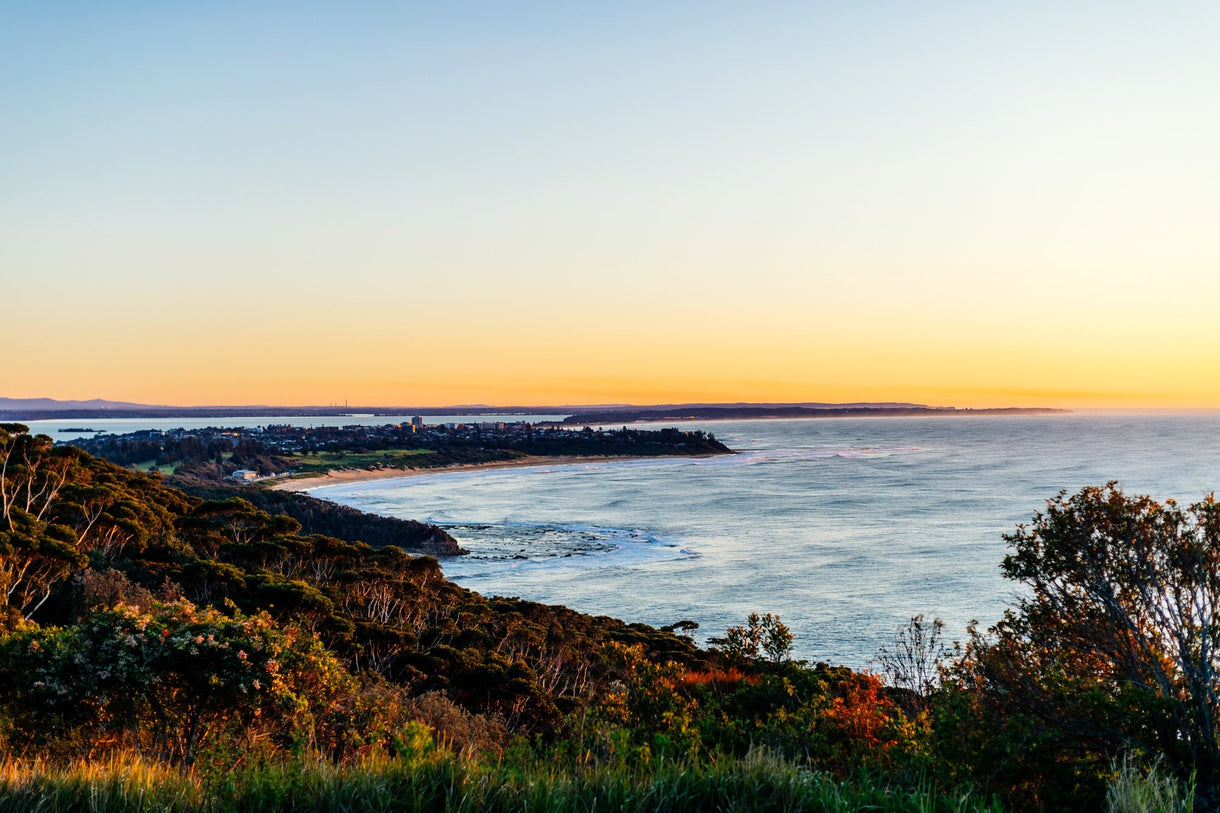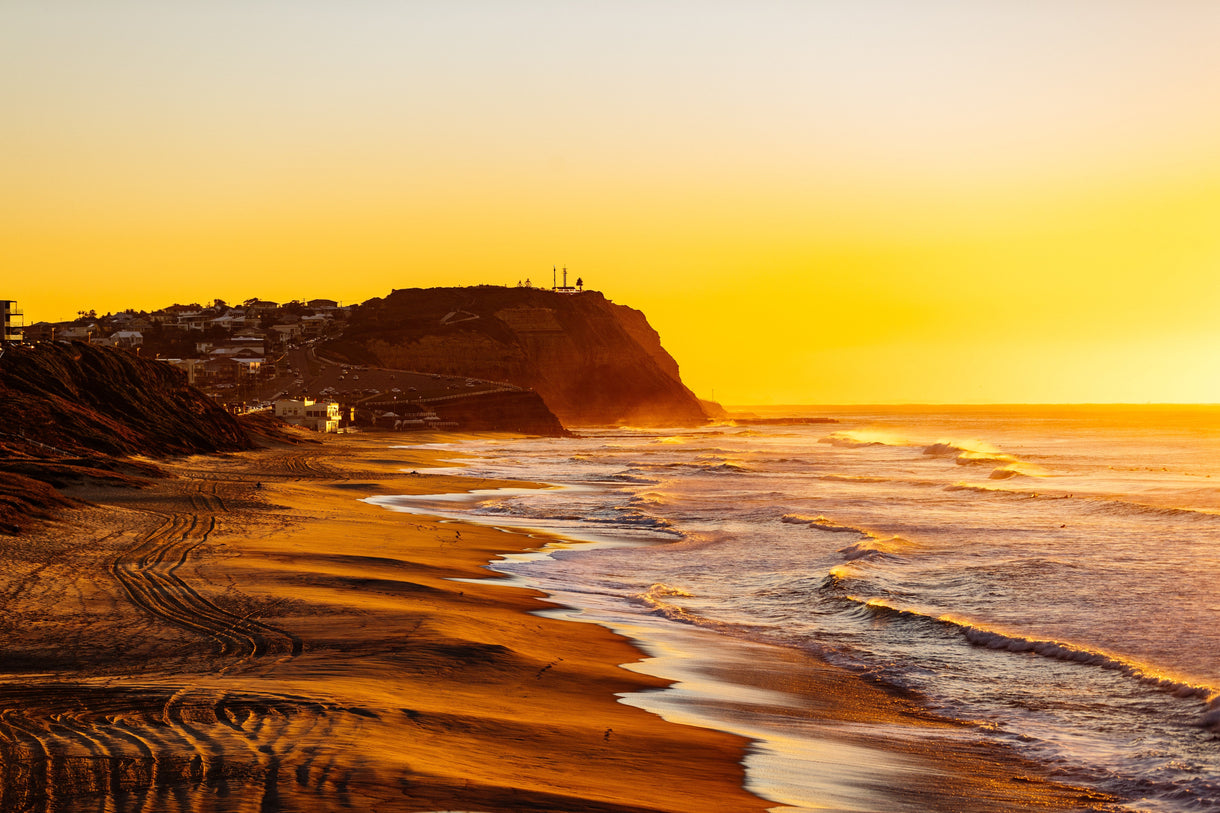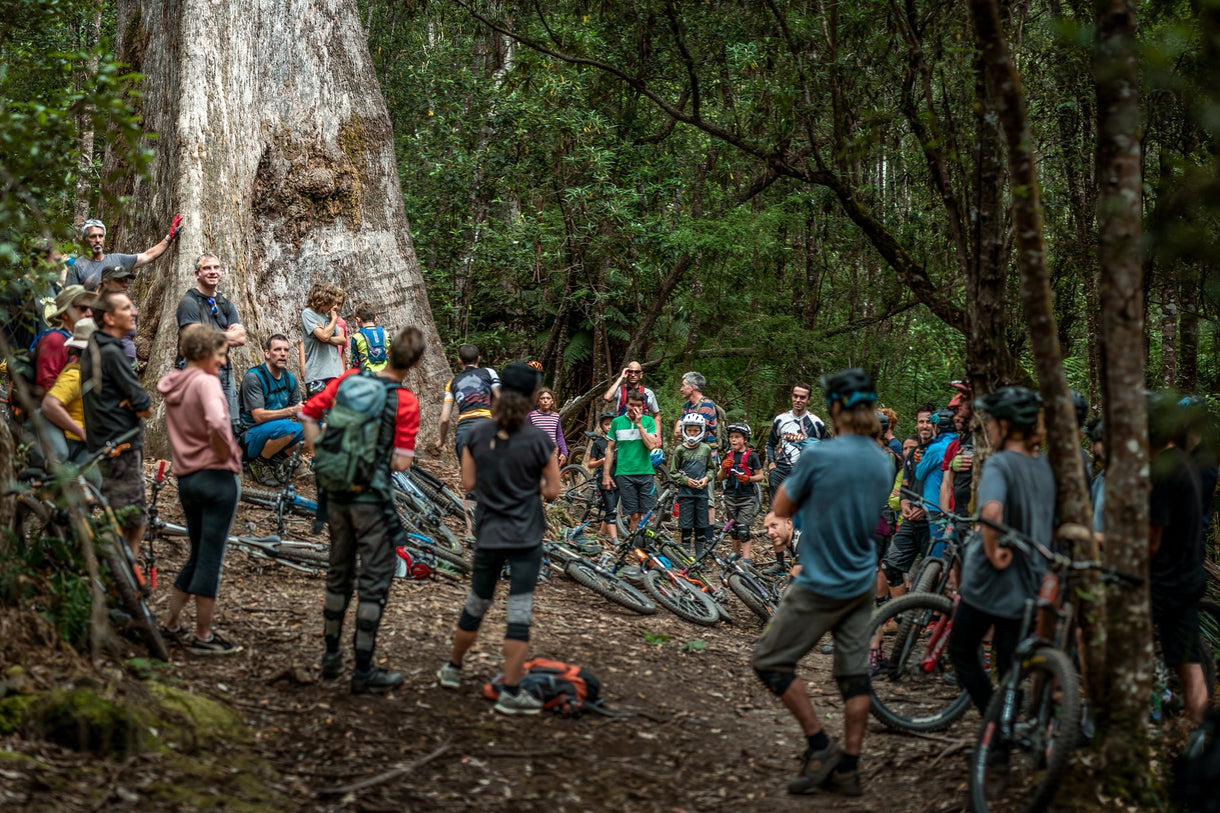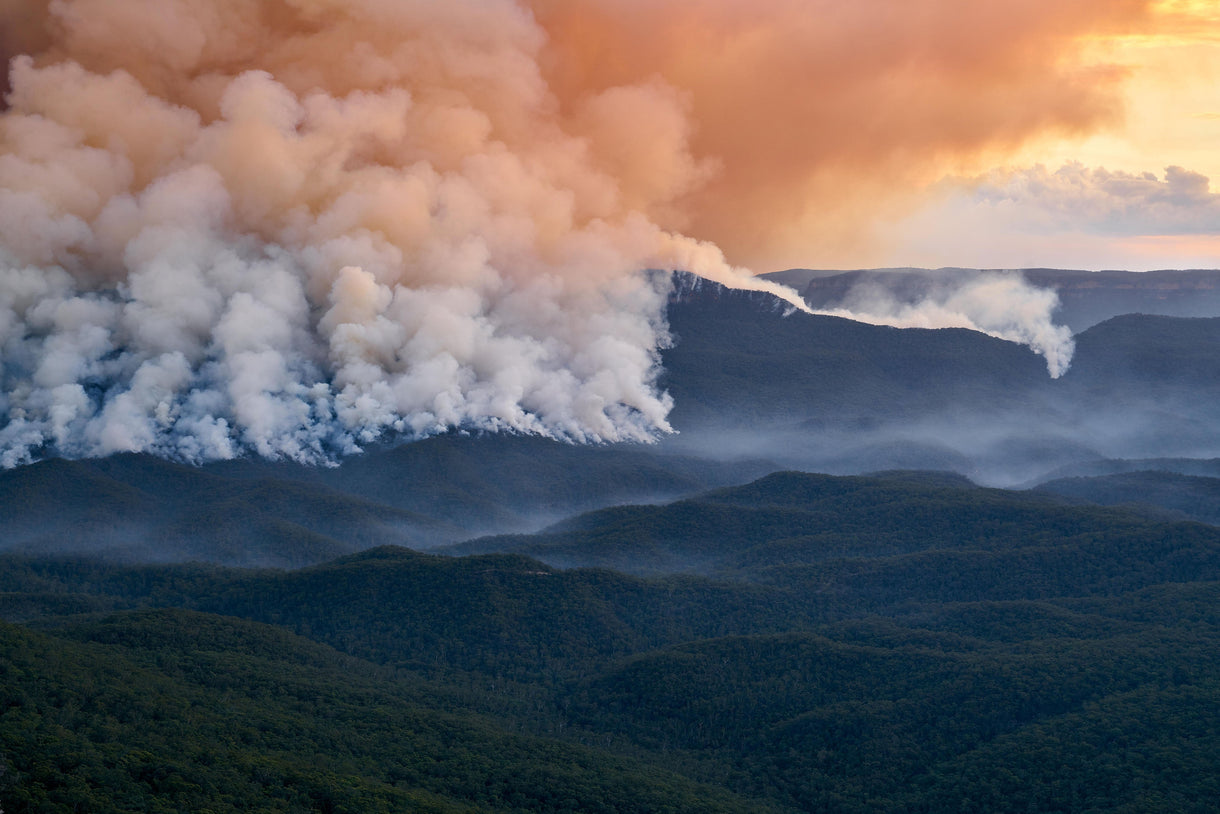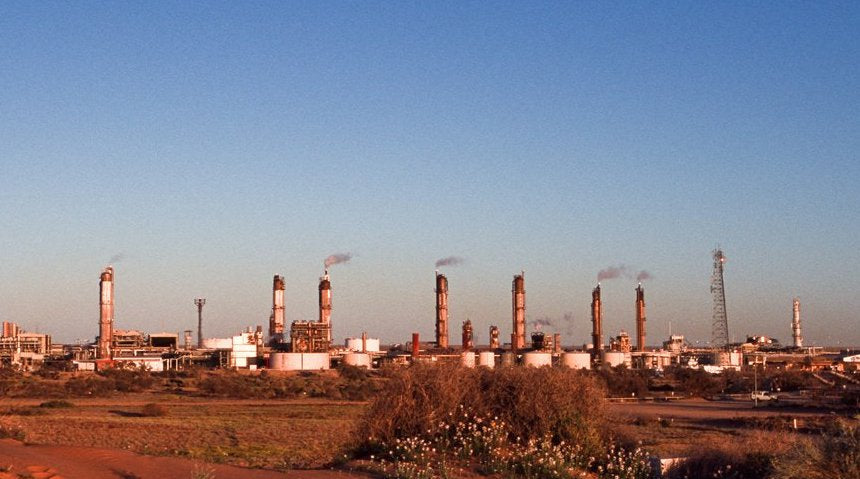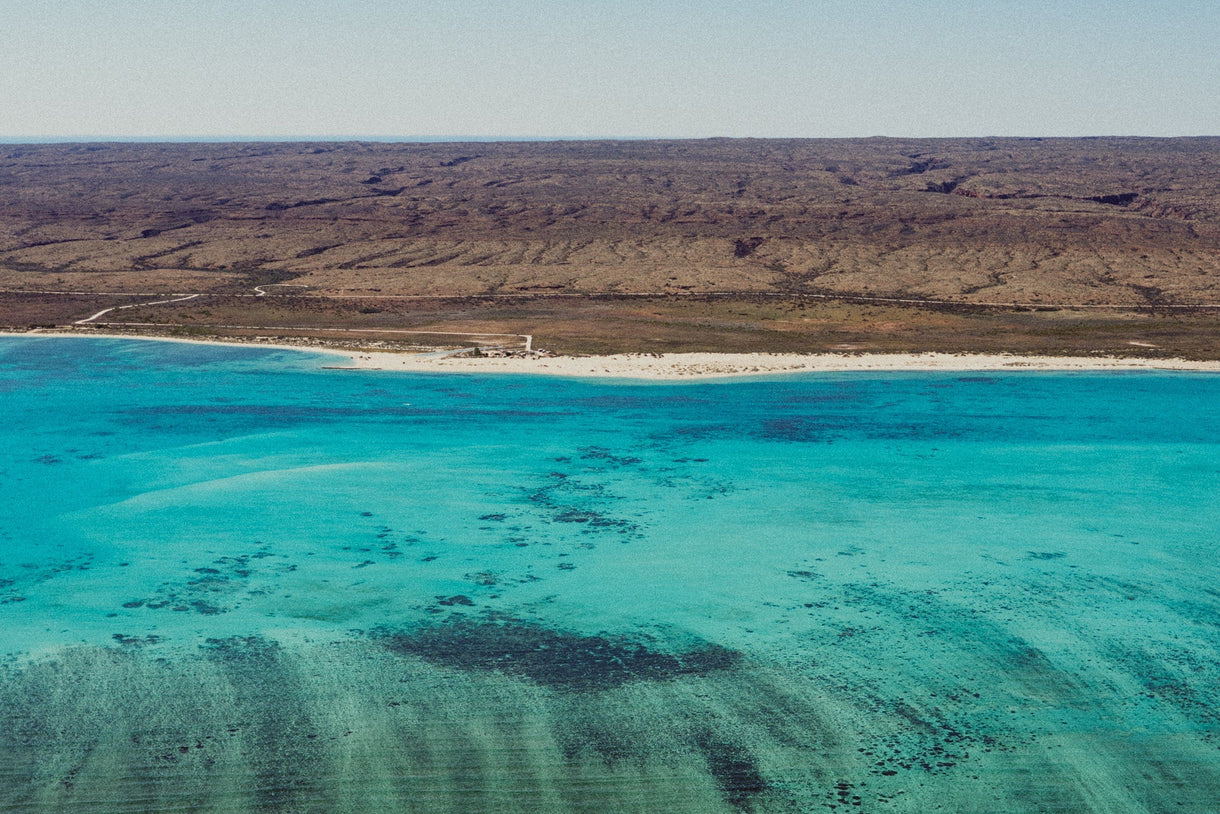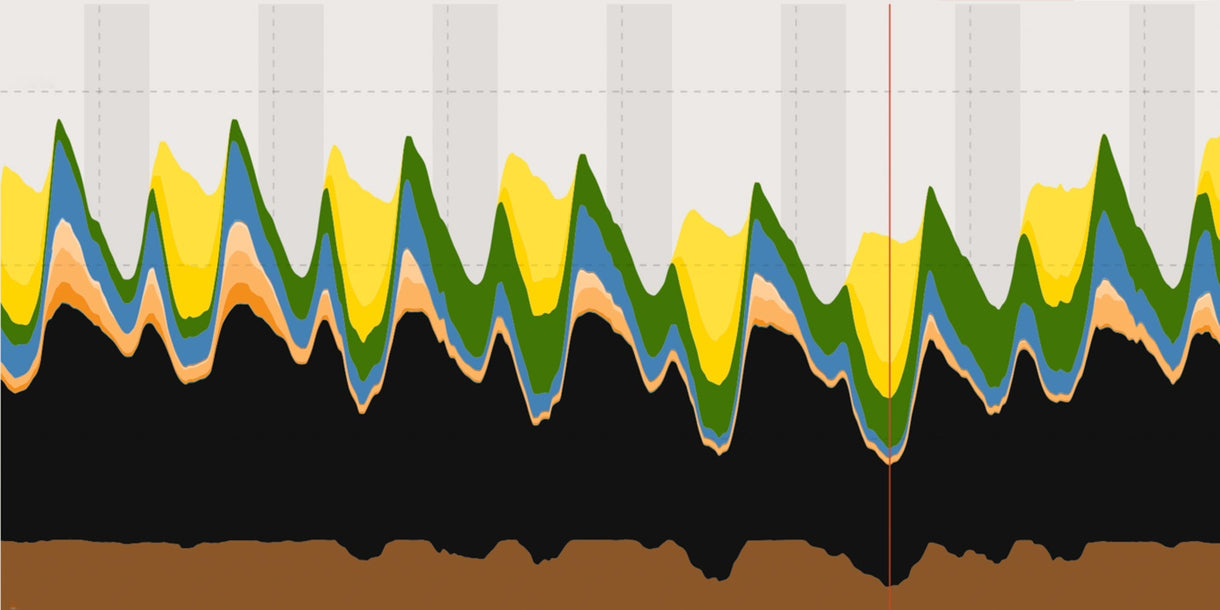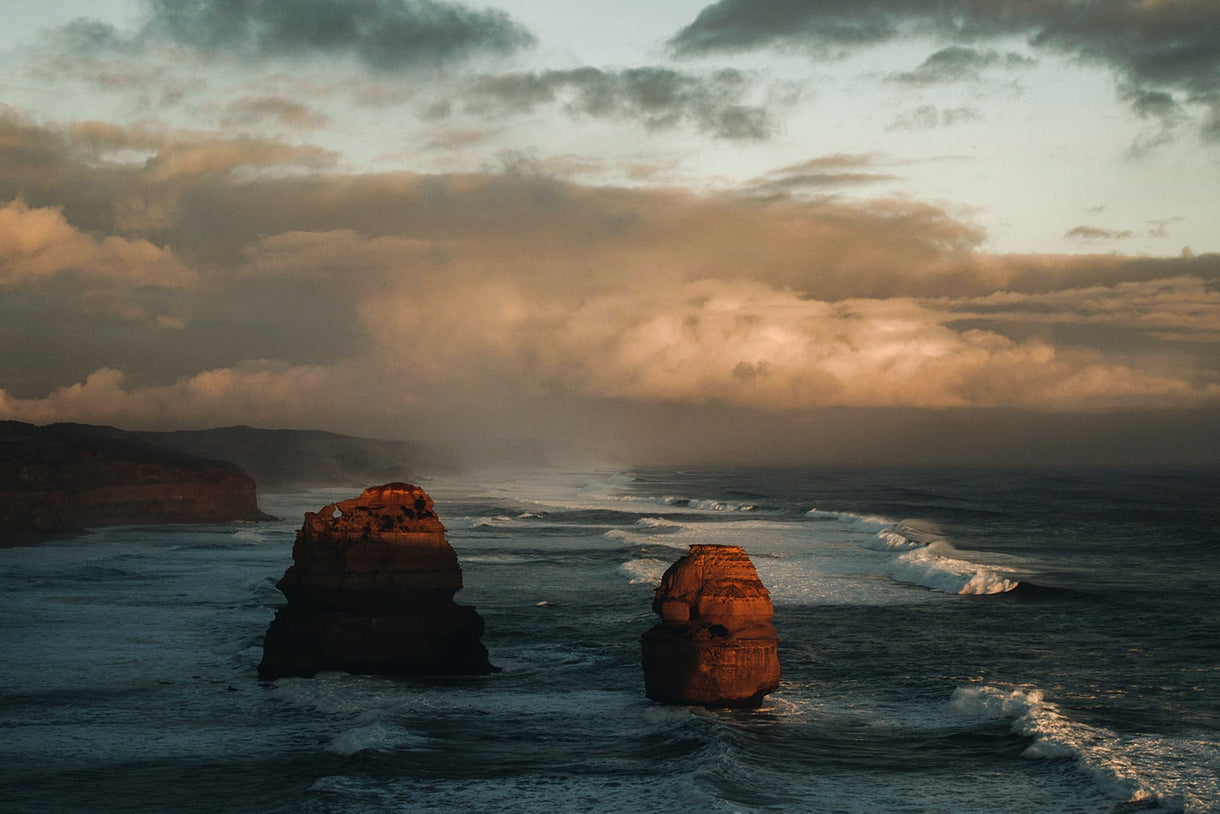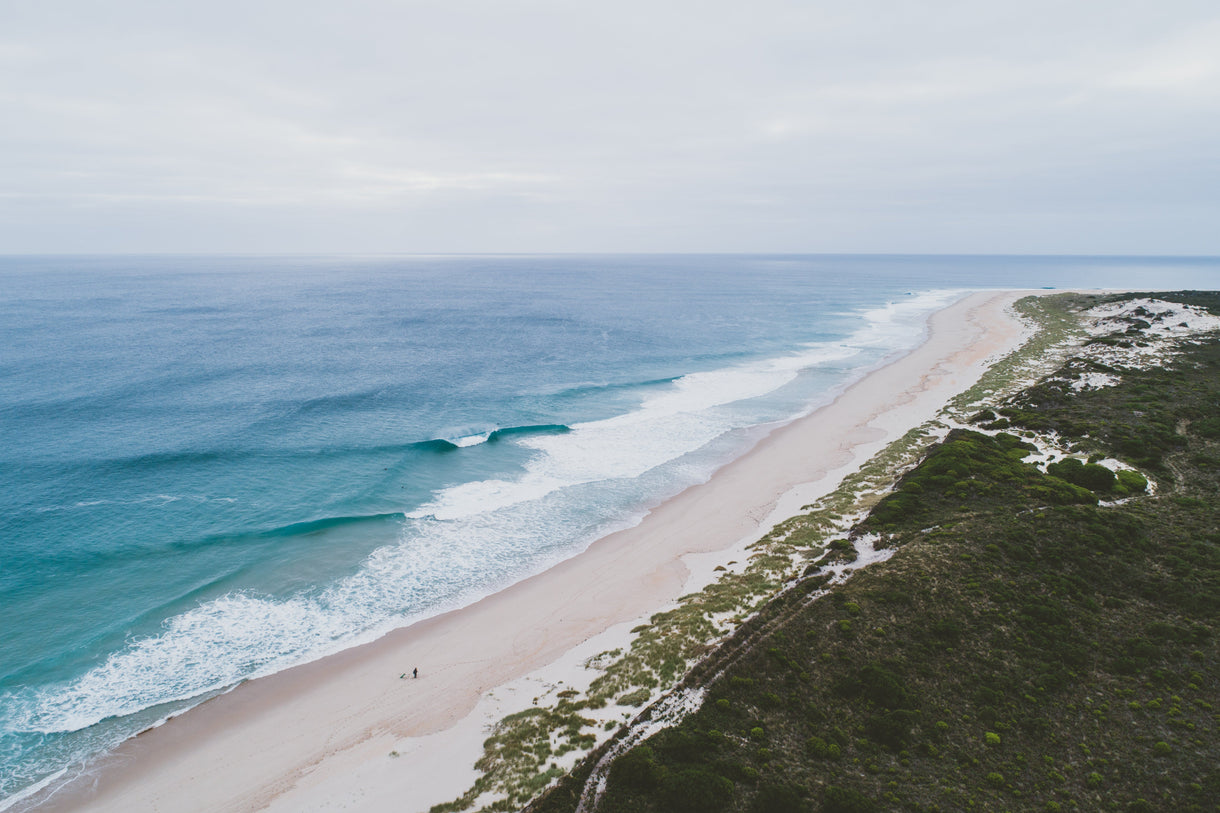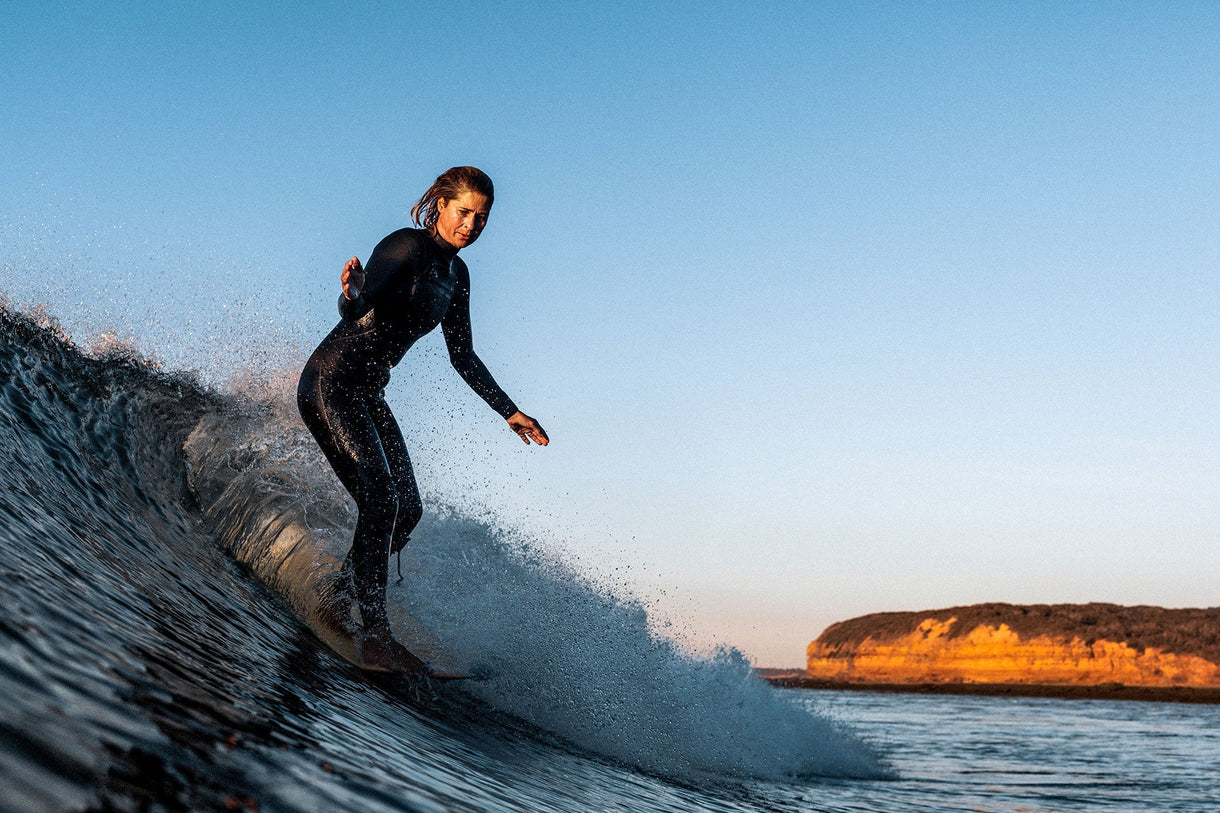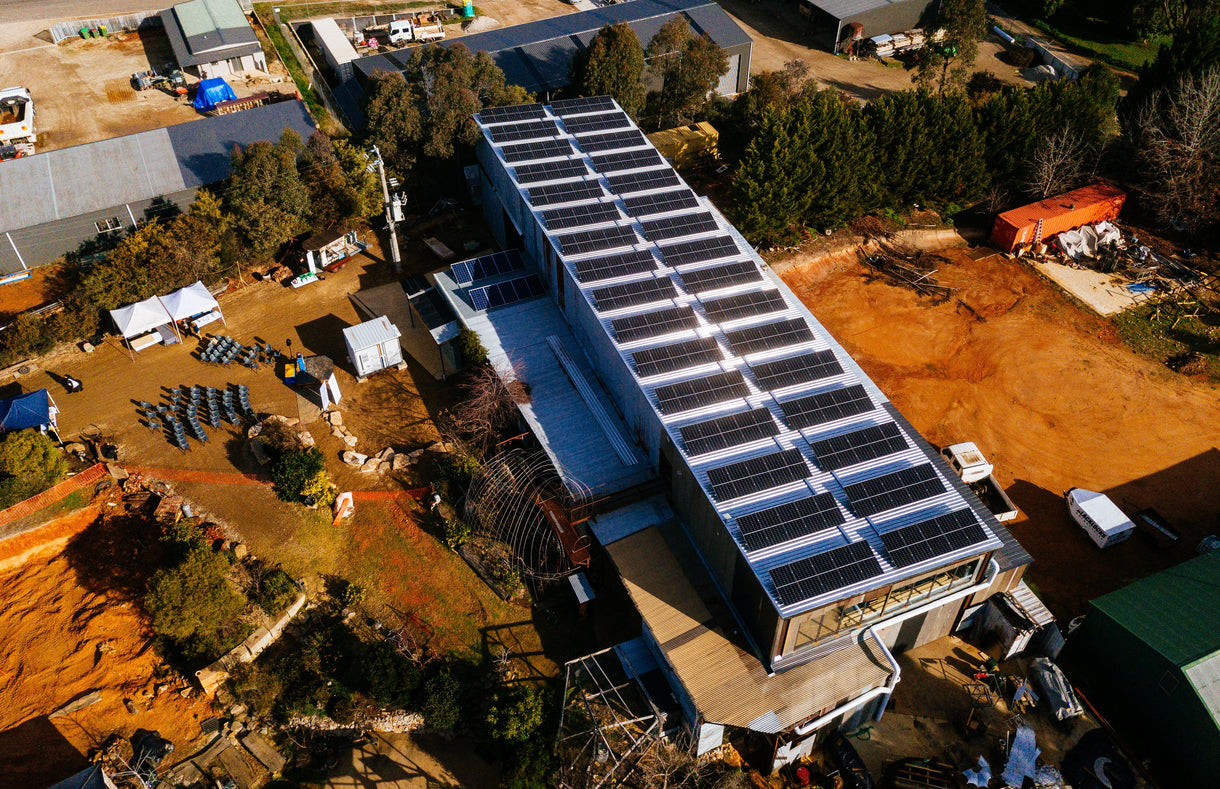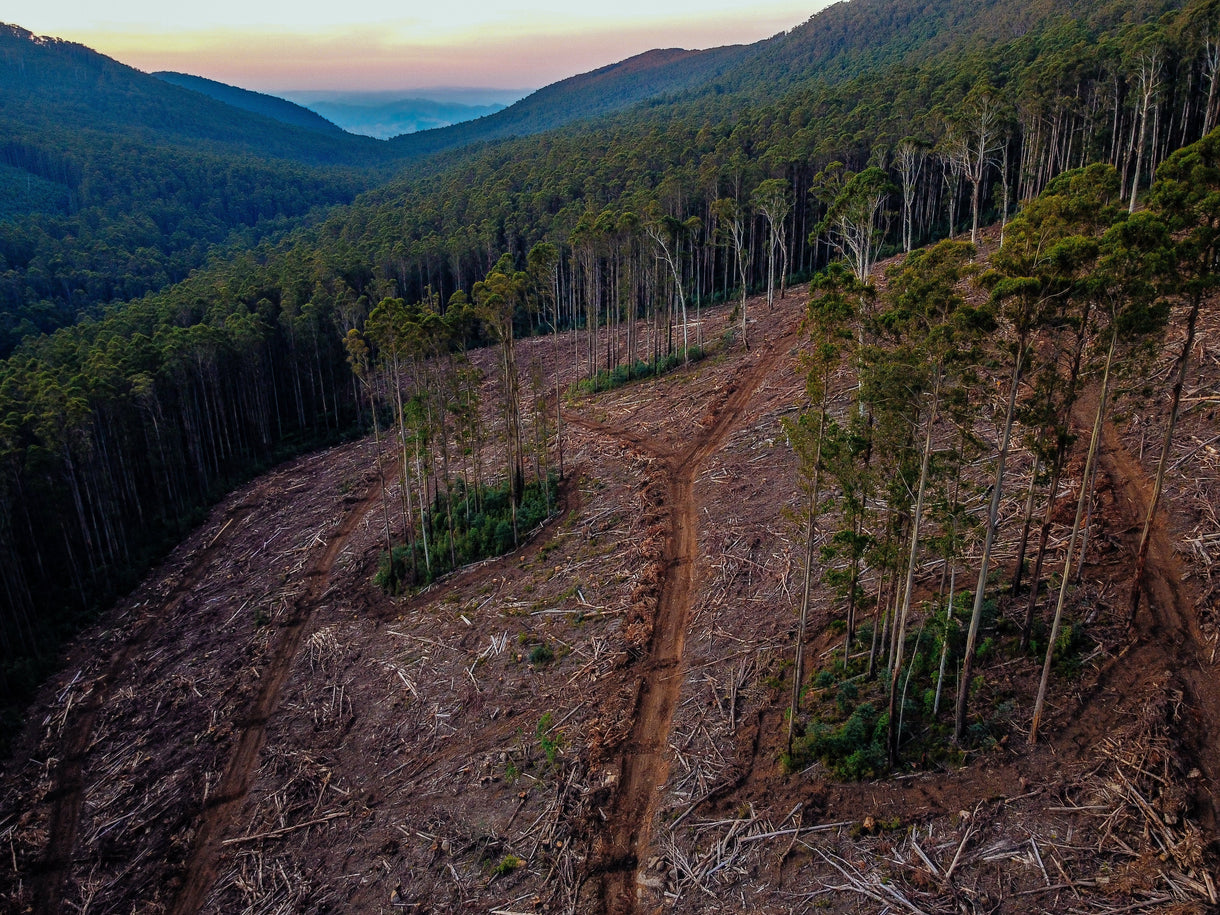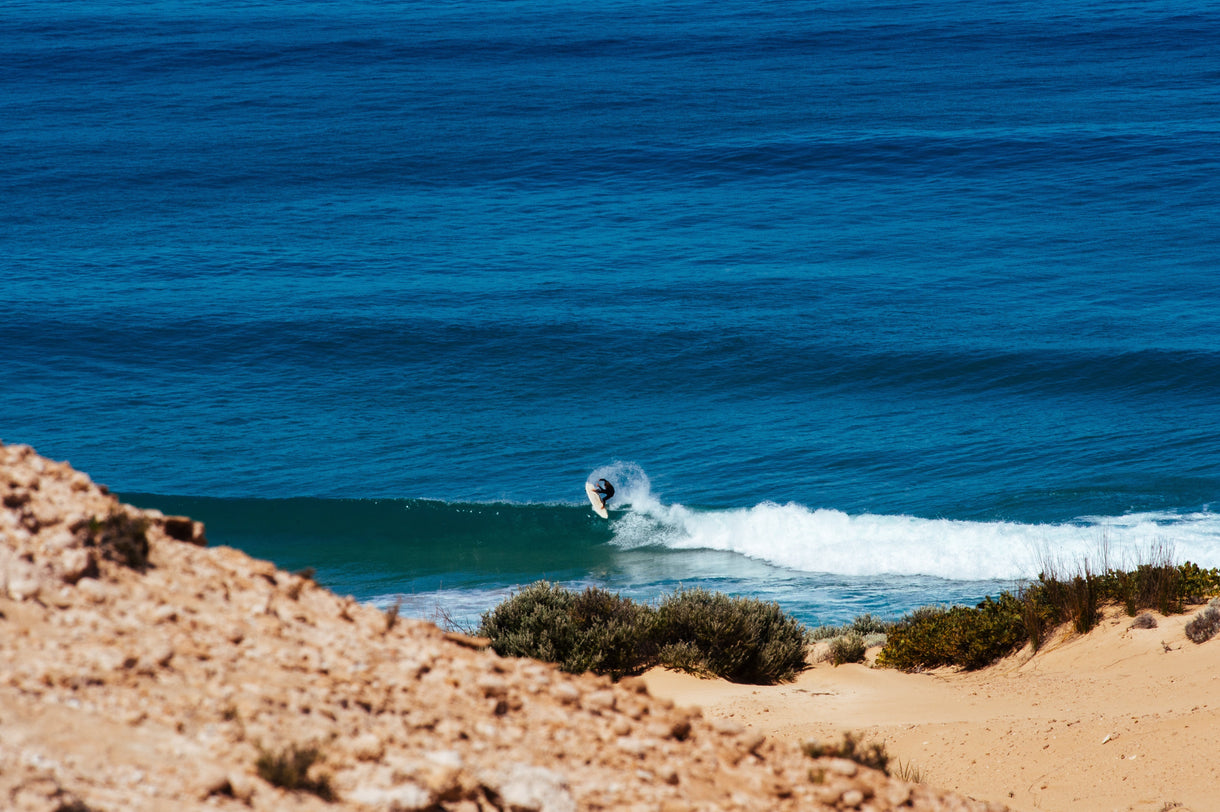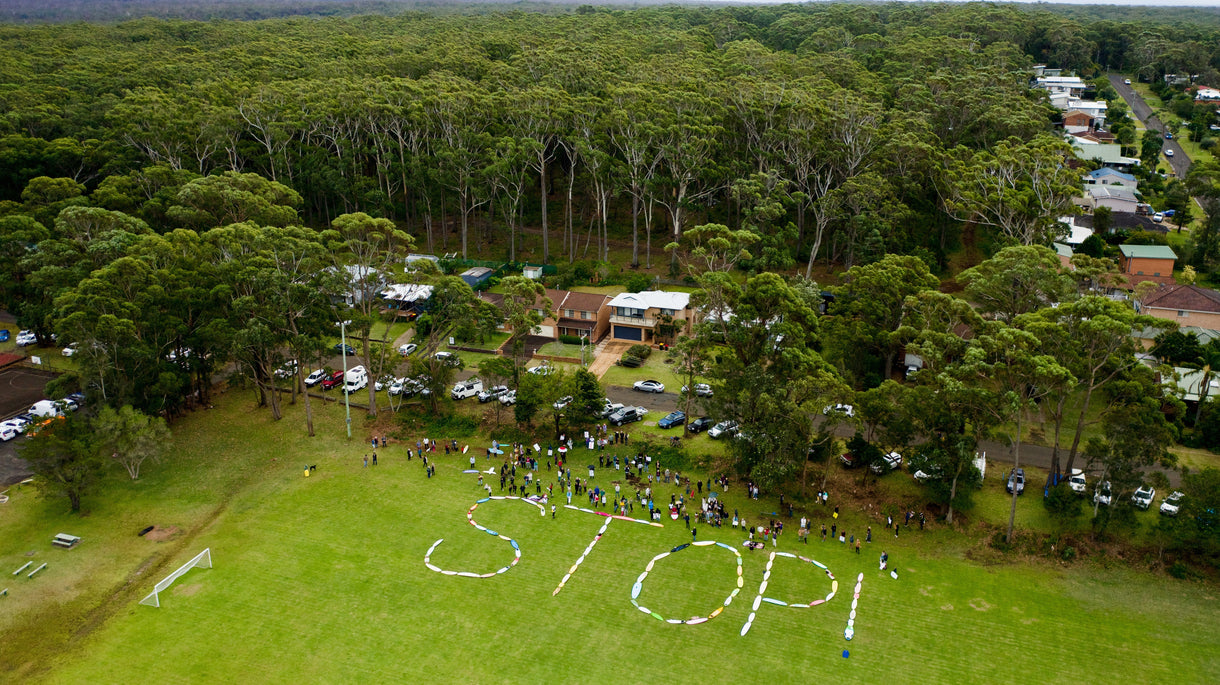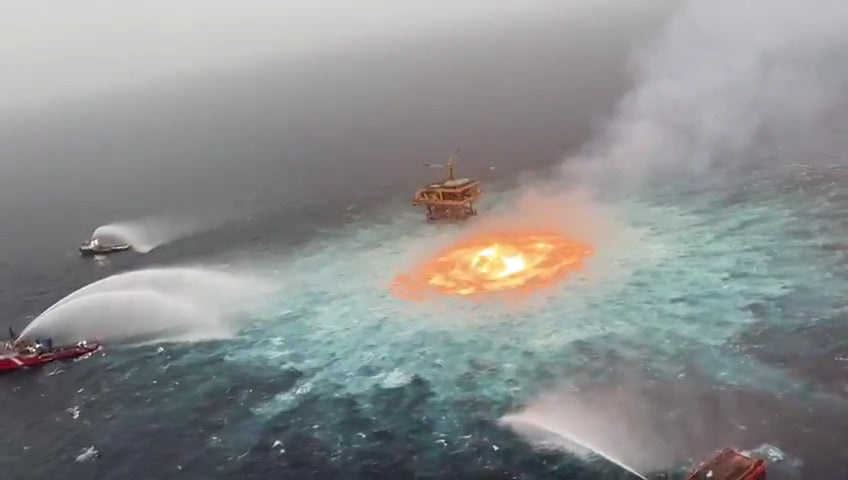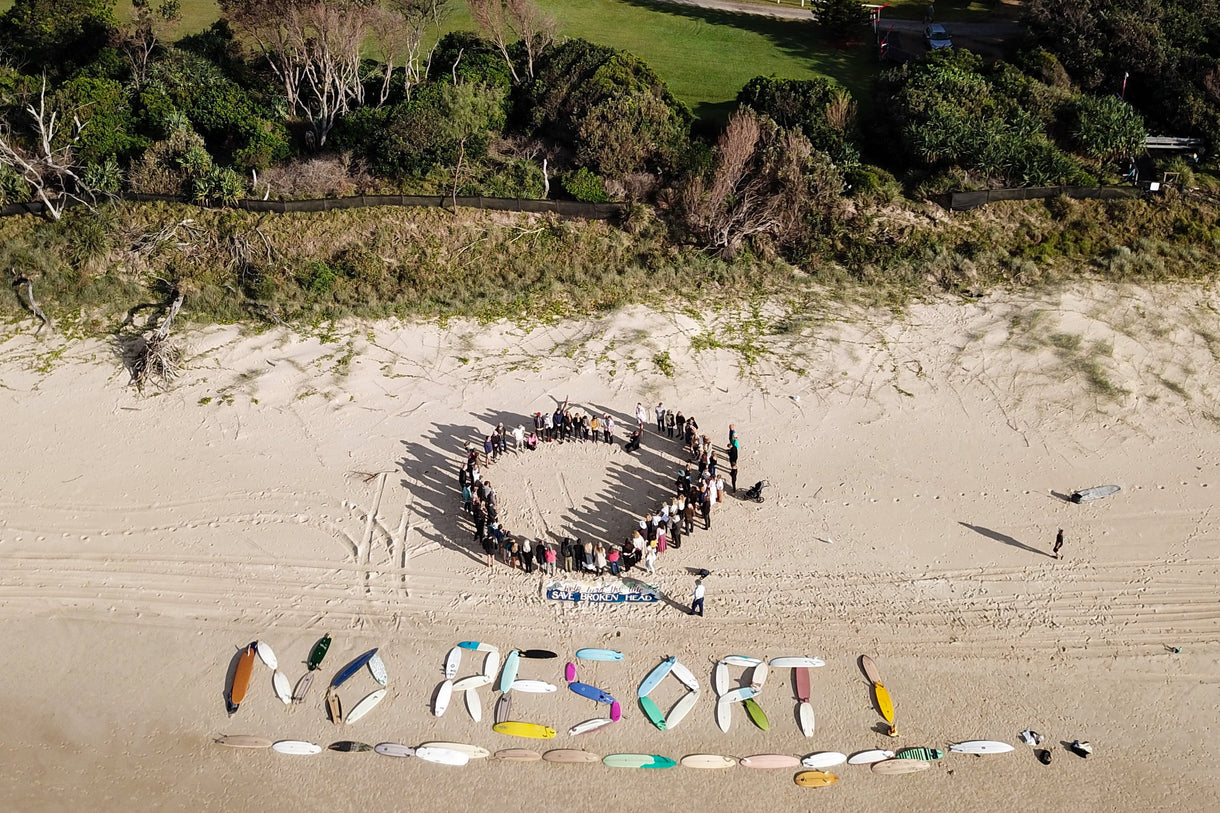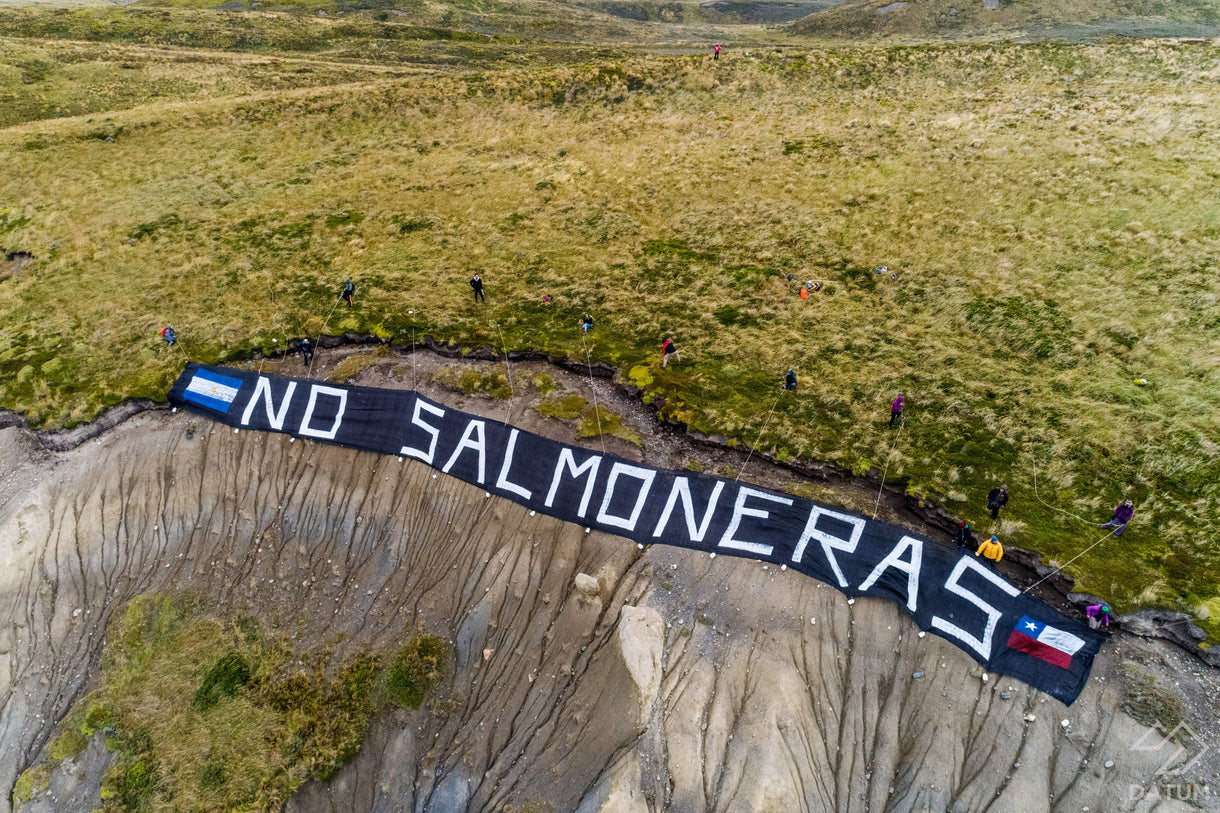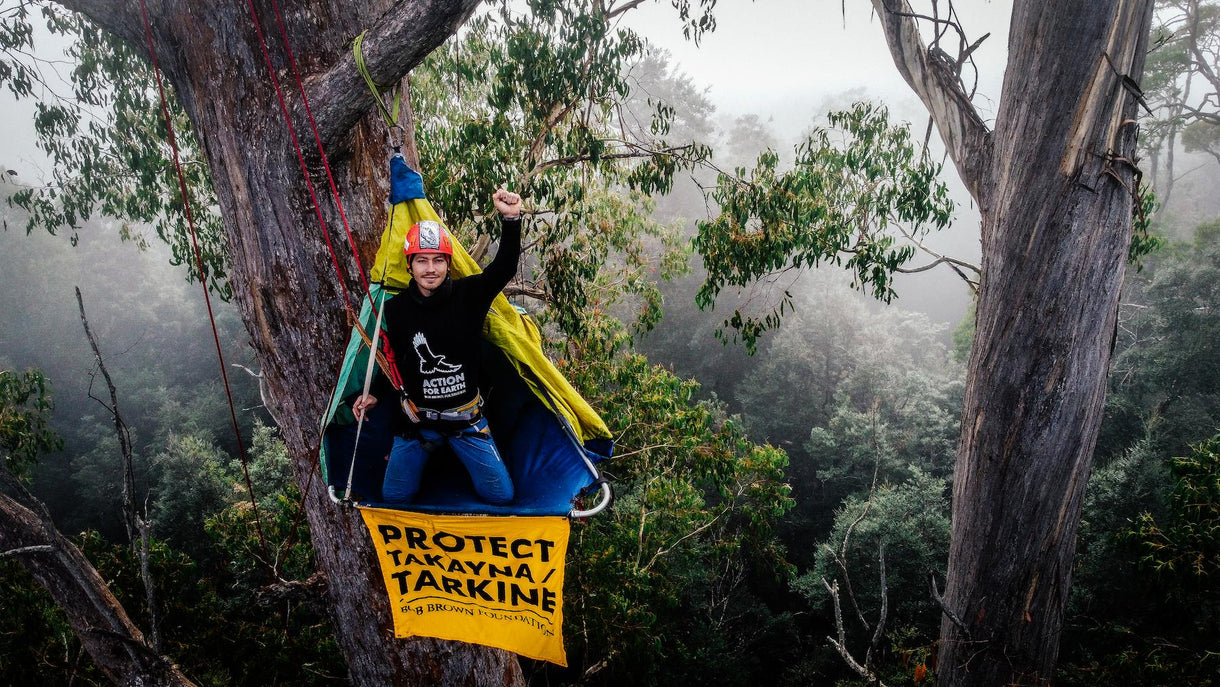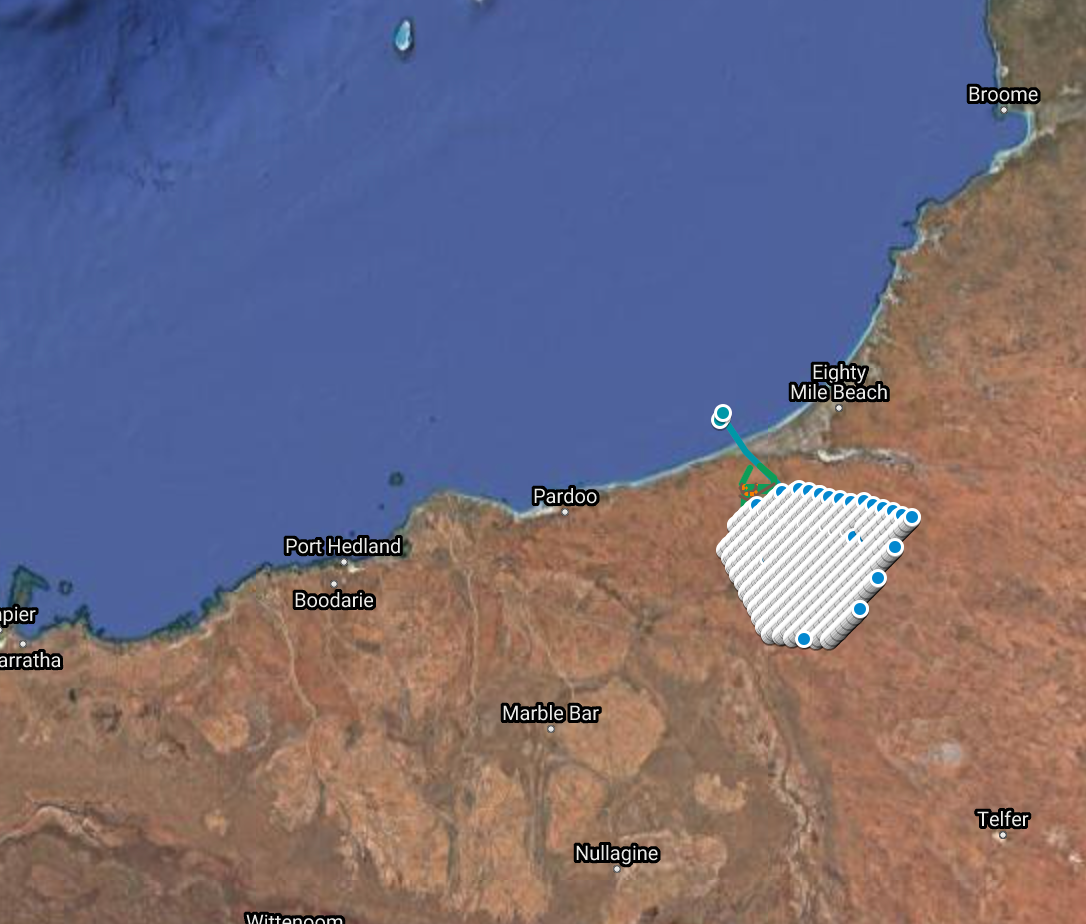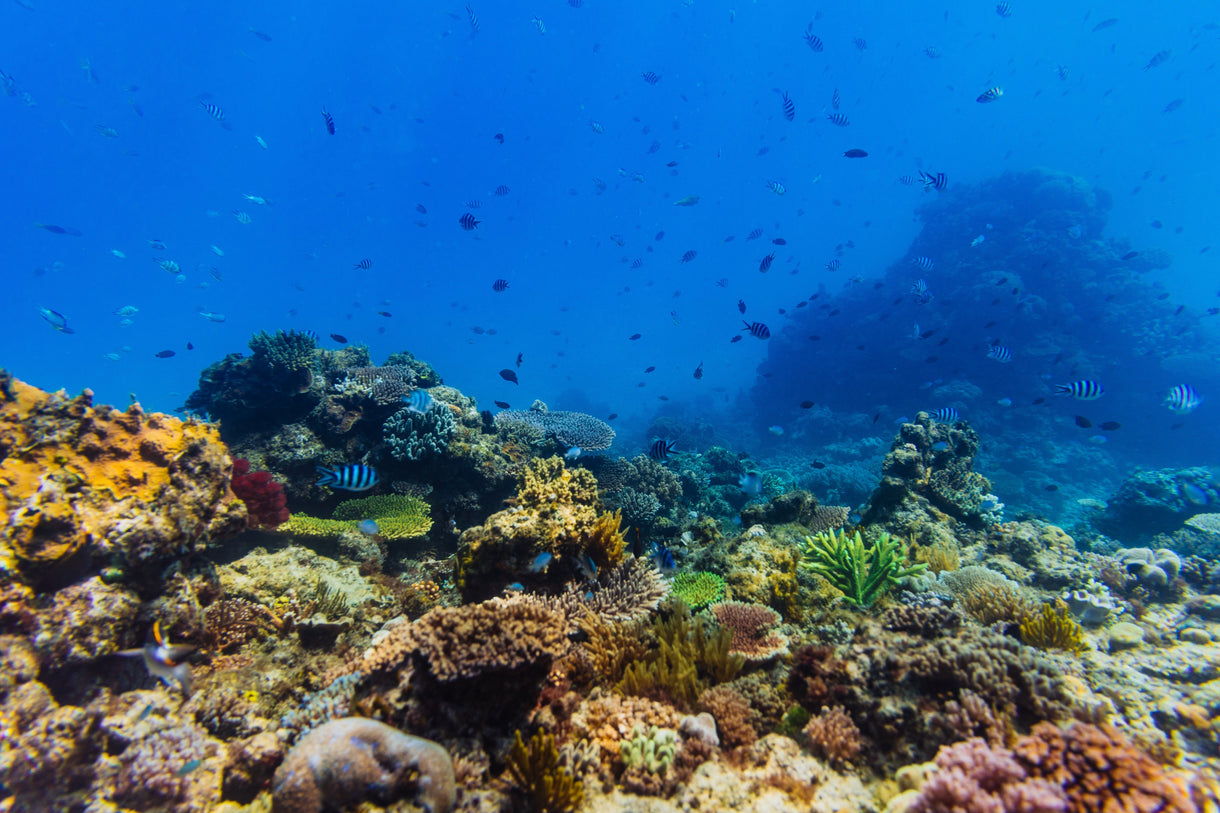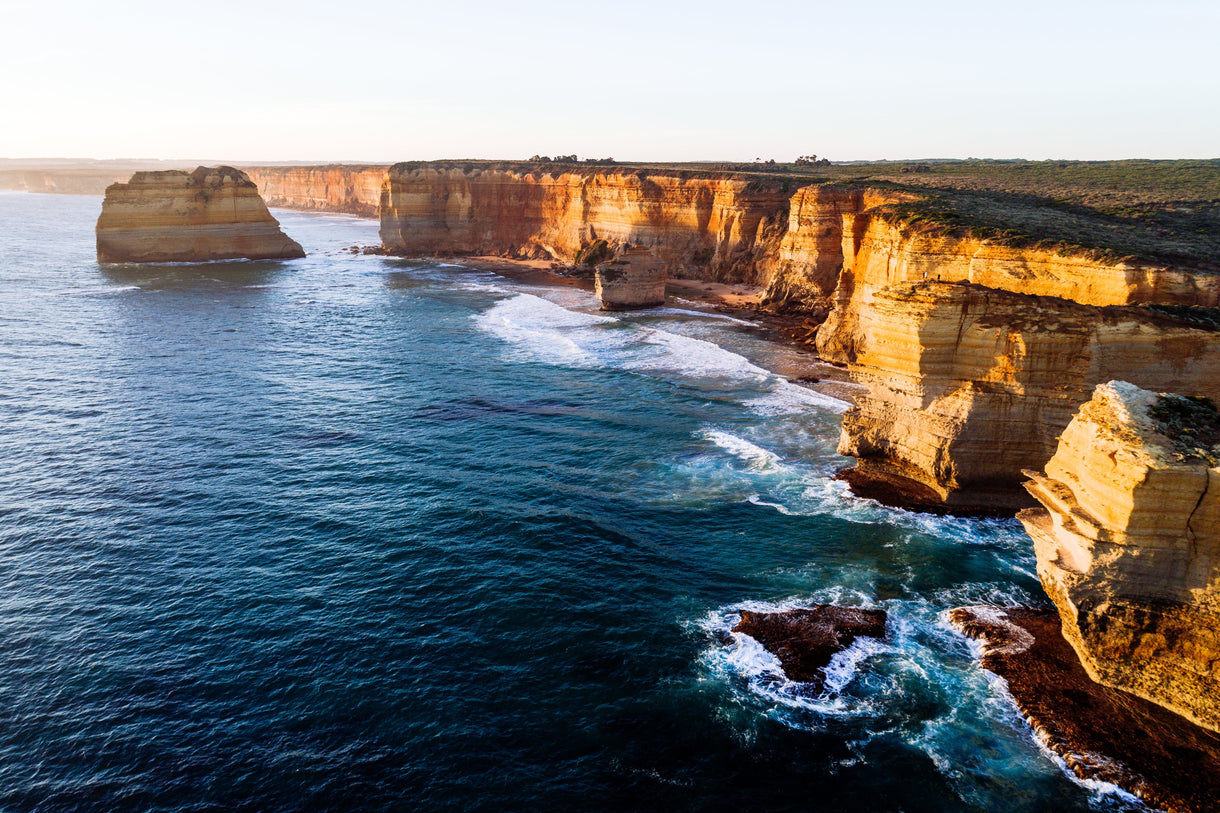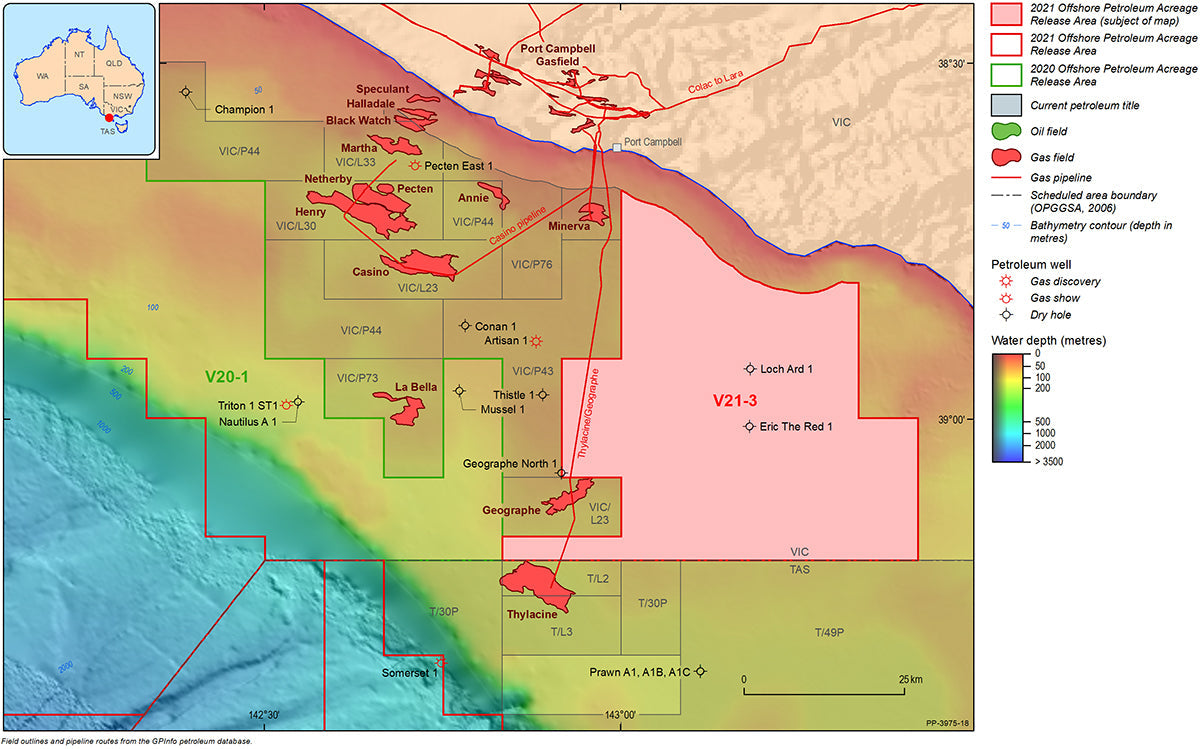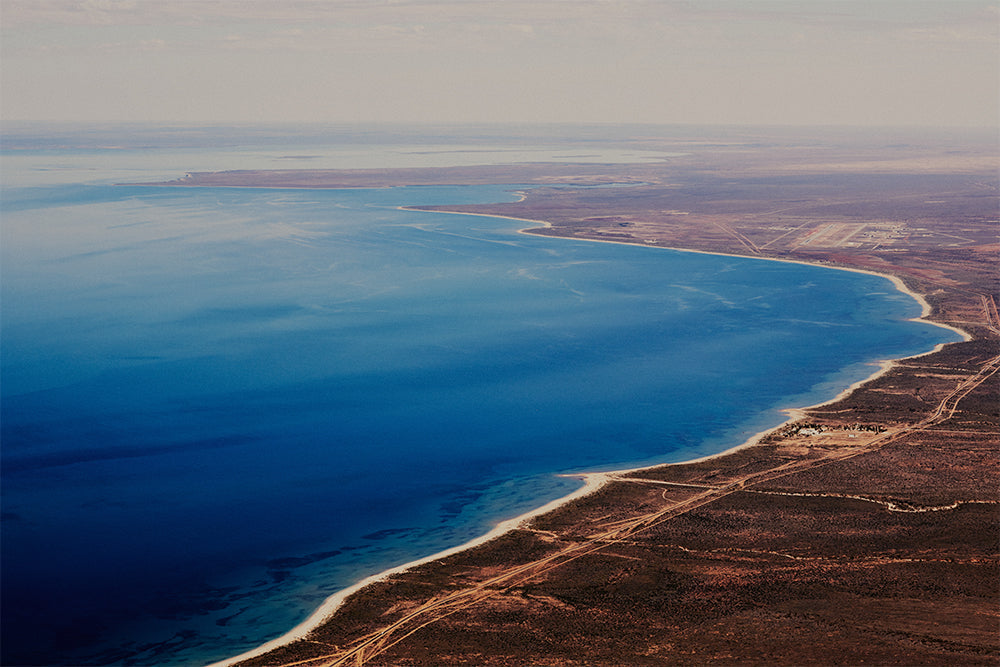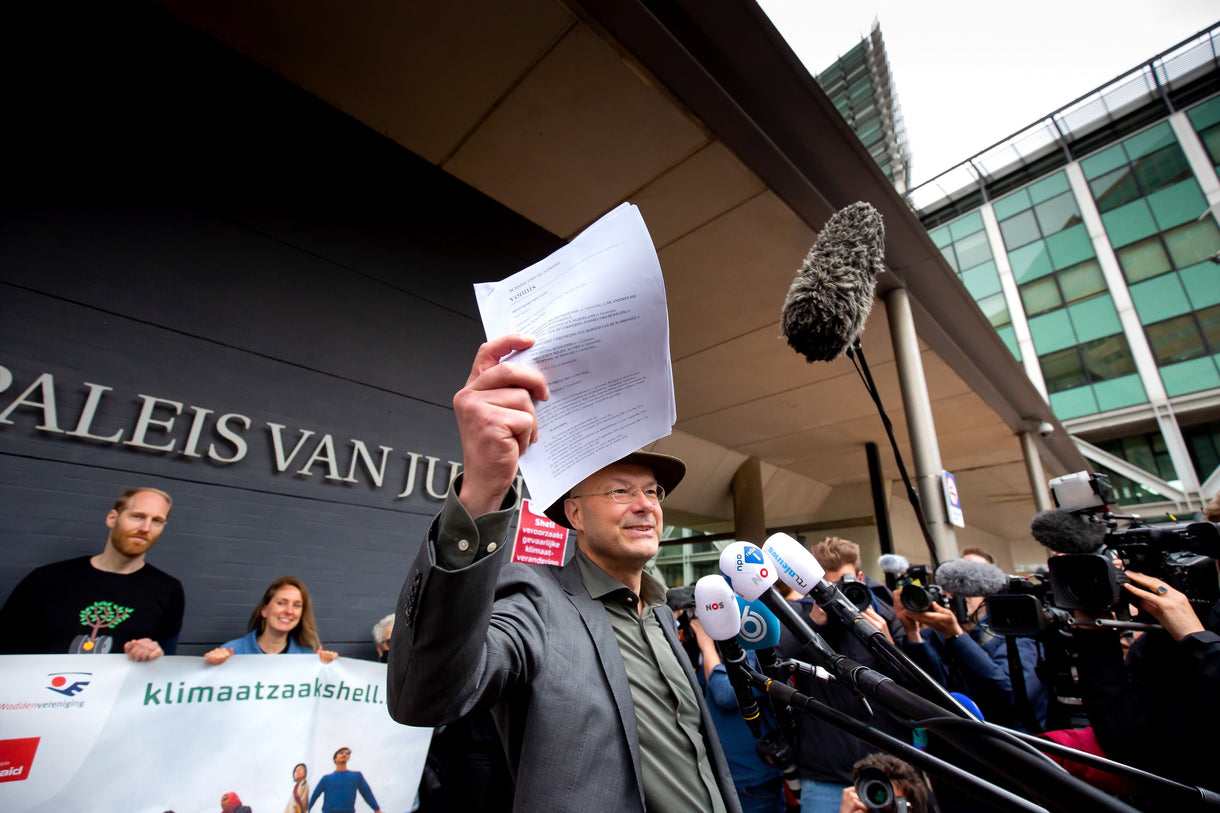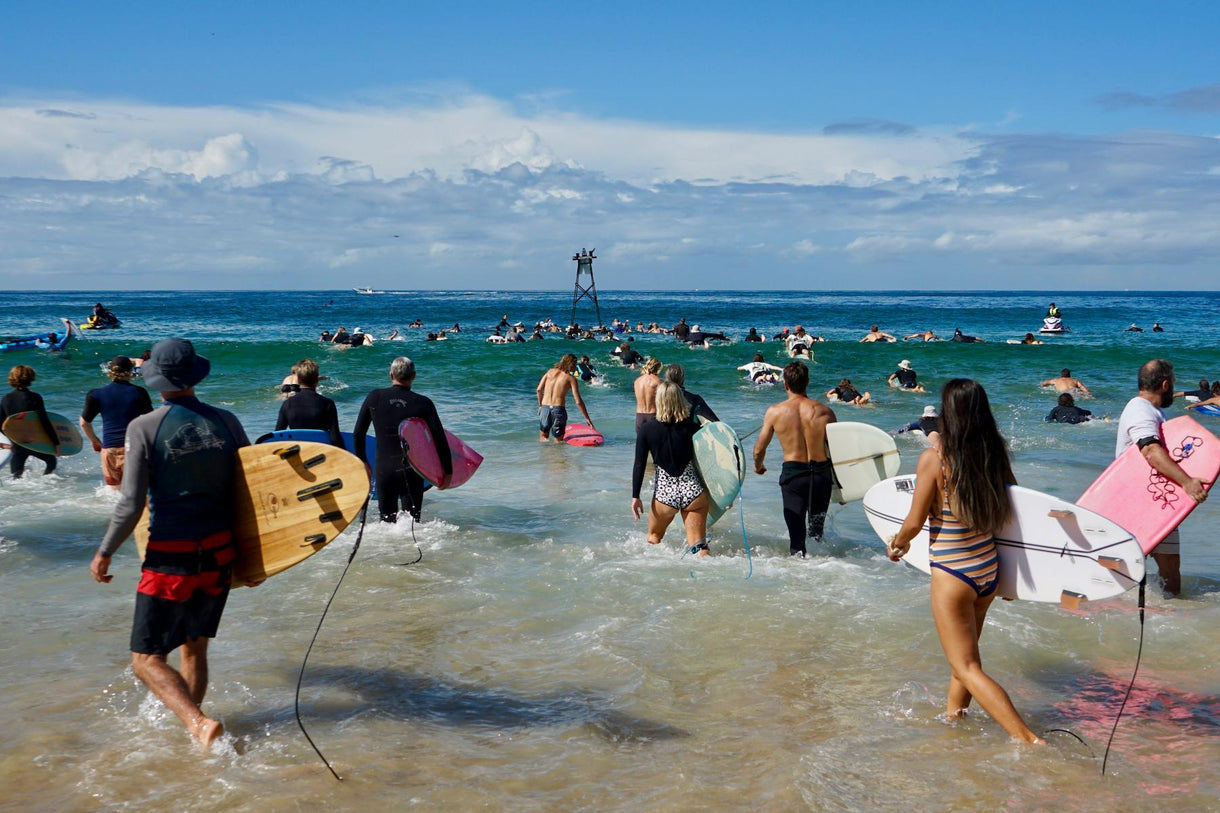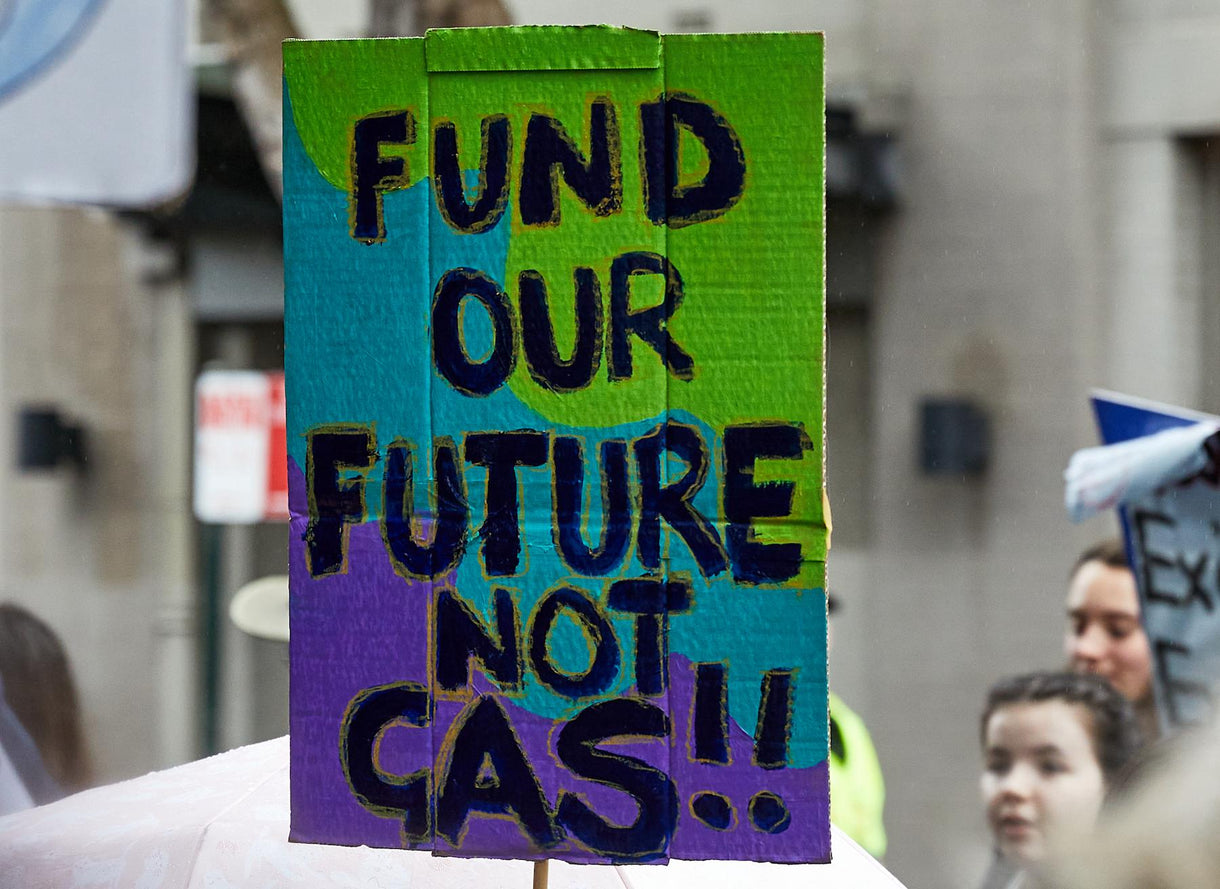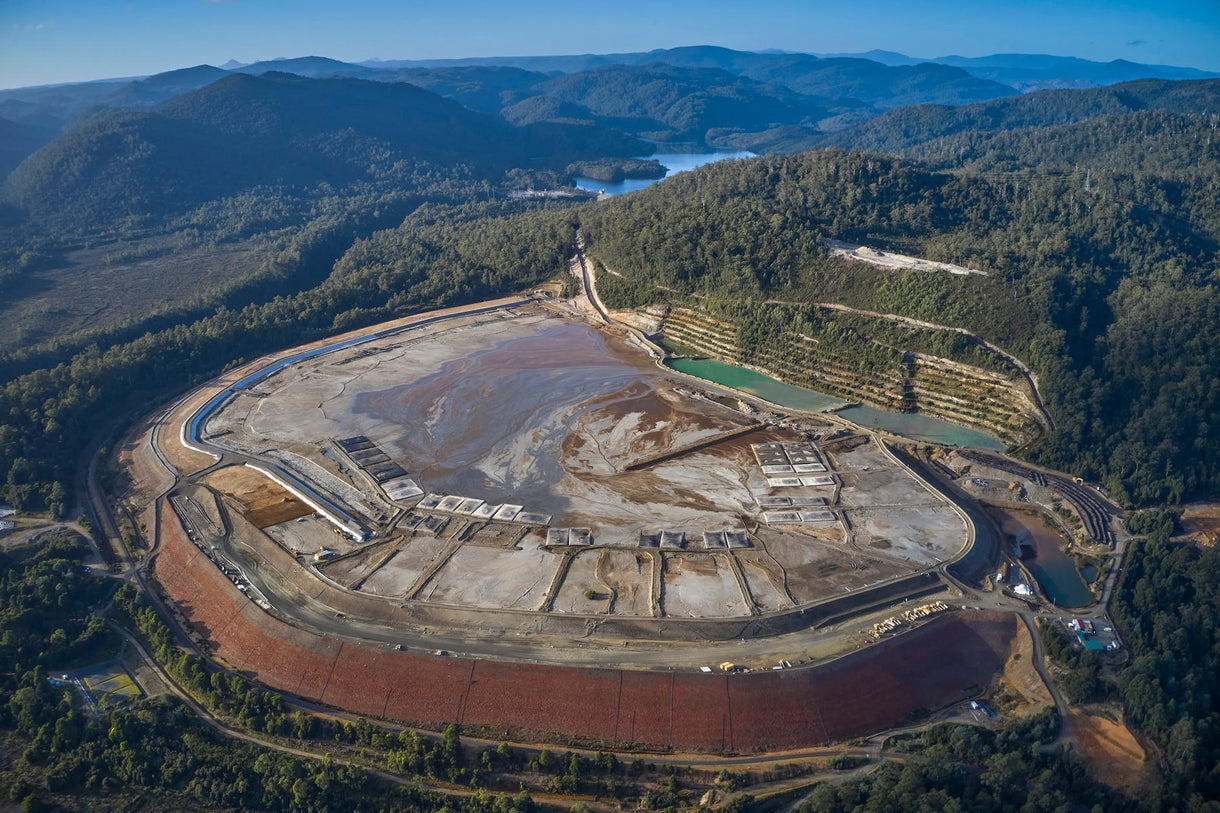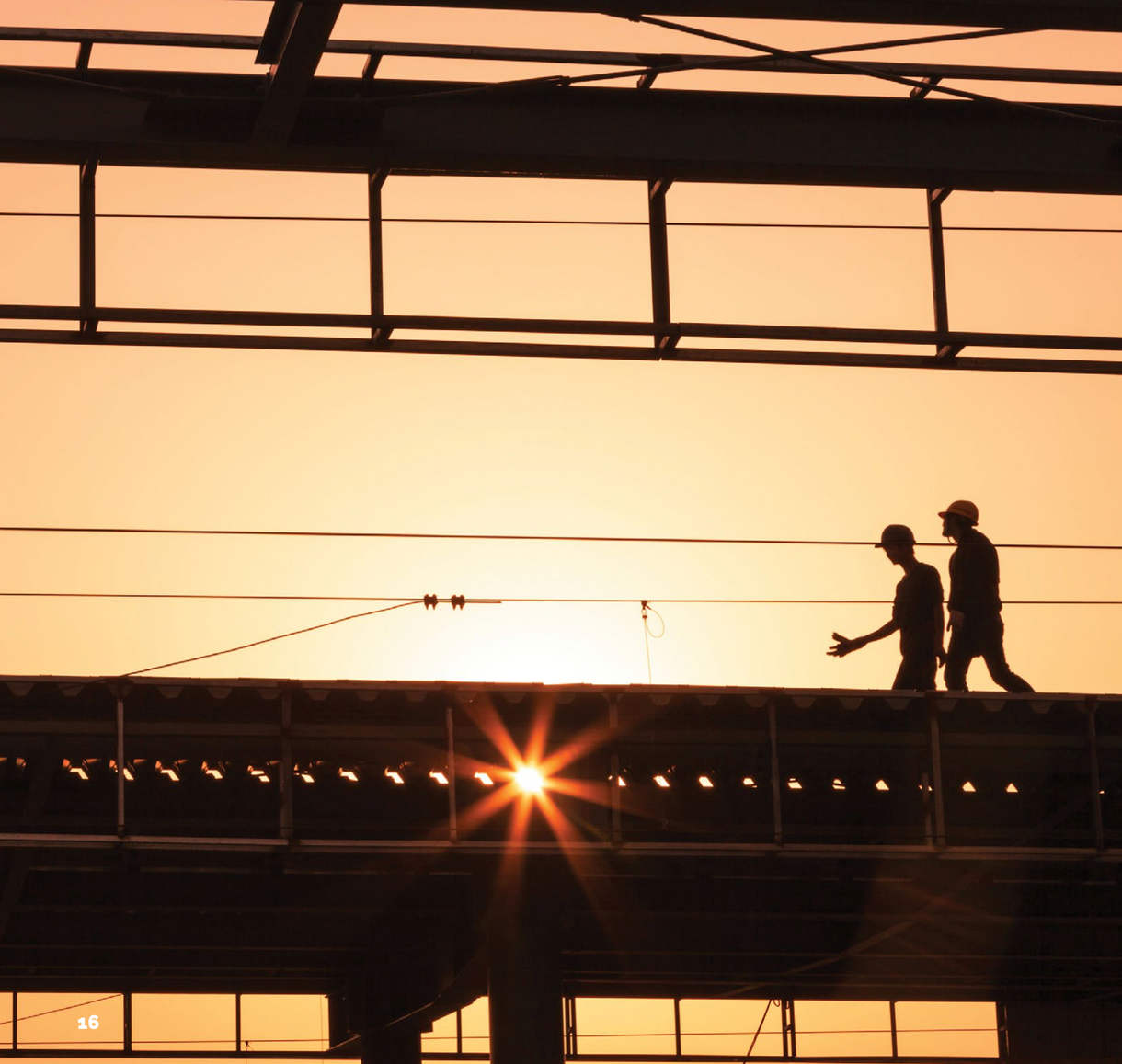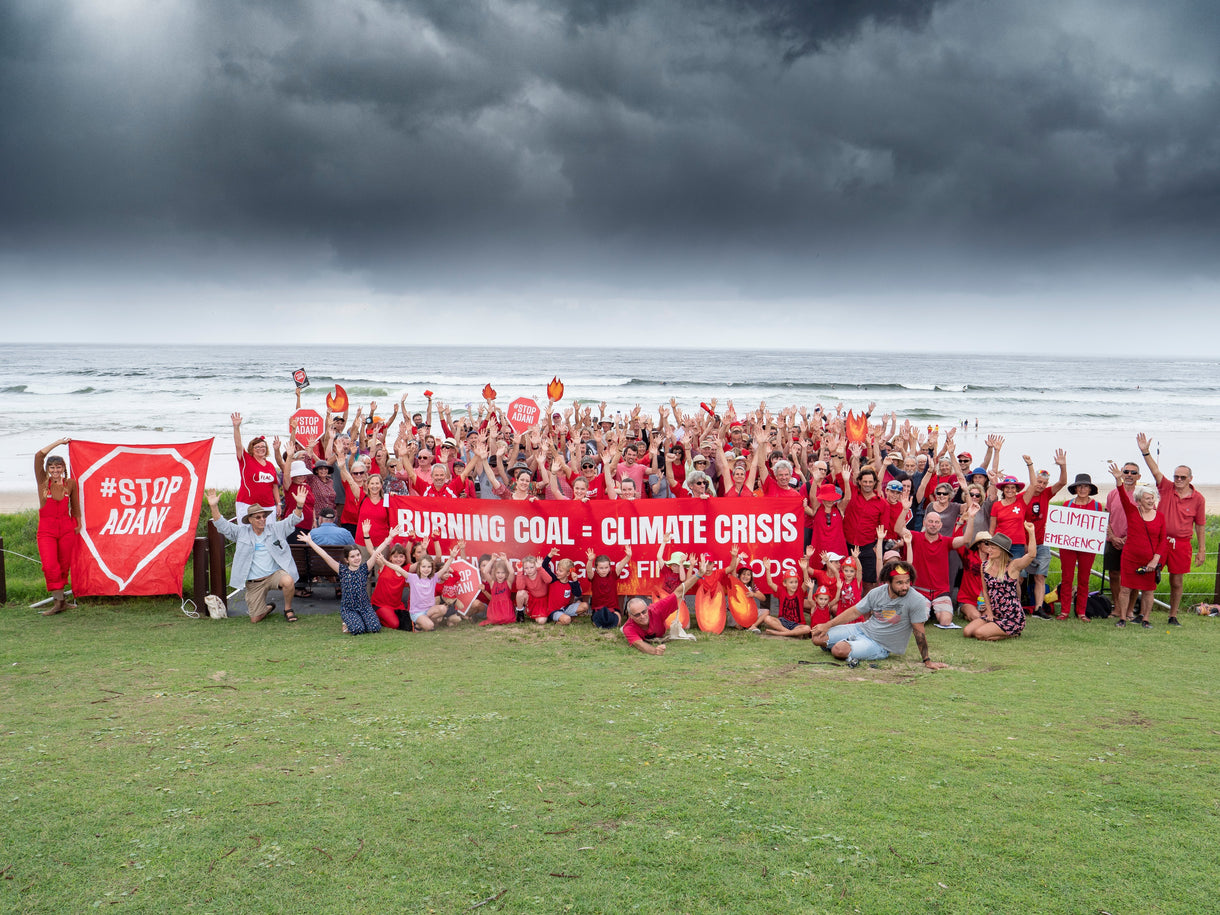A lot of young Australians find themselves in a pretty frustrating predicament: they’re the ones that will inherit the repercussions of today’s policies, yet they’re unable to directly influence these via traditional means: a vote. Rather than sit quietly idle as climate change accelerates and social inequity deepens, they’ve again taken to the streets, launching the first major climate strike since the coronavirus pandemic began last year.
Organised by grassroots campaign School Strike 4 Climate (SS4C), large rallies were held across the country on May 21, calling on the Australian government to "fund our future not gas". The strike came days after a report by the International Energy Agency found immediate action was needed to meet a target net zero greenhouse gas emissions by 2050, including the message, loud-and-clear: no new investment in new oil, gas and coal projects.
A key issue for many in attendance was Treasurer Frydenberg’s environmentally-empty federal budget, including Prime Minister Morrison’s recent announcement that they’ll spend $600 million on a new gas-fired power station. SS4C demand that our leadership turns its back on emissions-intensive energy sources. Instead, resourcing Aboriginal and Torres Strait Islander-led solutions that guarantee land rights, funding the creation of secure jobs that fast-track solutions to the climate crisis, and investing in projects that transition the economy to 100% renewable energy by 2030.
"...the message, loud-and-clear: no new investment in new oil, gas and coal projects"
More than 20,000 people showed up in Melbourne, while a comparable contingent braved rough weather in Sydney and thousands turned out in Brisbane and Adelaide too. School strikers in Darwin sought to draw attention to plans to develop the NT’s Beetaloo Basin gas field. In Perth, there was pressure on oil and gas company Woodside to abandon plans for its Scarborough gas project in WA’s north and Geelong, VIC, heard a rally cry against a new gas import terminal in Corio Bay. By lunchtime, people in Hobart had to be turned away after the event there reached capacity, with Tasmanians stressing the need to protect the state’s pristine natural areas – including takayna/Tarkine – on which the local tourism industry depends.
Anyone looking to diminish the young activists as “kids with no idea”, might want to ask themselves if they’re across these aforementioned projects, and their irreversible impacts. Further, The Australian Education Union, Independent Education Union and National Tertiary Education Union (together representing nearly 300,000 education workers across Australia) backed the young strikers, issuing a joint statement of solidarity.
All events were arranged with input from state and territory health authorities, and included precautions like distancing, QR codes, and caps on numbers. Turnouts were, understandably, smaller than the record-breaking school strikes of 2019, however, a particularly strong showing in regional centres and rural towns – 47 locations total – galvanised those in attendance.
The seas of signs were staunch and sassy: “The Earth is getting hotter than my imaginary boyfriend”, “Smells Like Teen Spirit greenhouse gases - Stop Climate Change”, “Frack off Gasholes”, “Science not silence”, “Clean our polluted democracy”, “You’ll die of old age, I’ll die of climate change”, “COVID won’t last forever but the environment will if we protect it.”, “We are missing our lessons to teach you a lesson”.
Organisers vow that strikes will continue as long as necessary and be anchored around two major annual events. The next round of global climate talks is due to take place in Scotland in November.
Follow School Strike 4 Climate's national group, and one (of over 600) in your local area for updates on their next actions.
Banner image: School Strike 4 Climate in Sydney on March 21. Photo: Pat Corden.

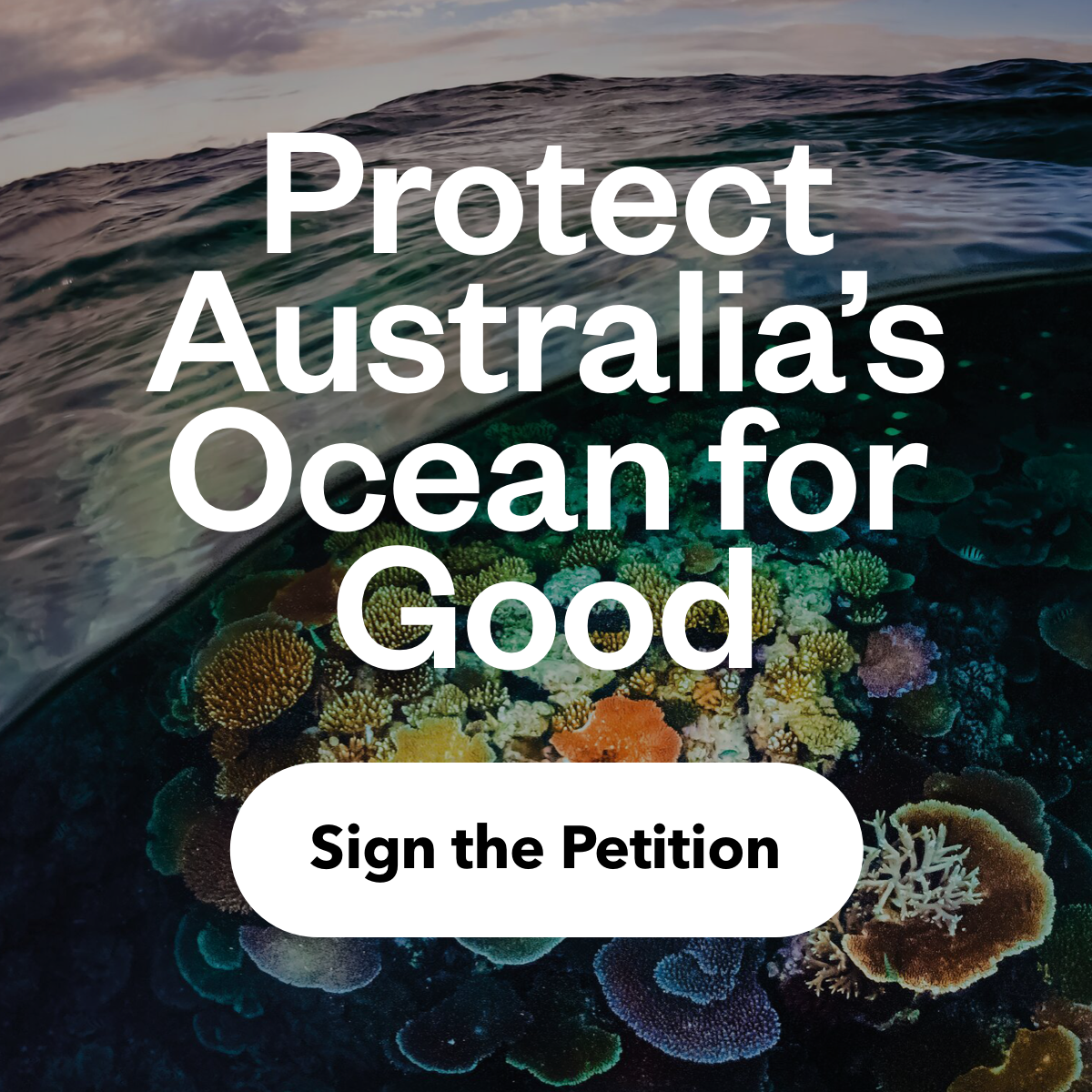

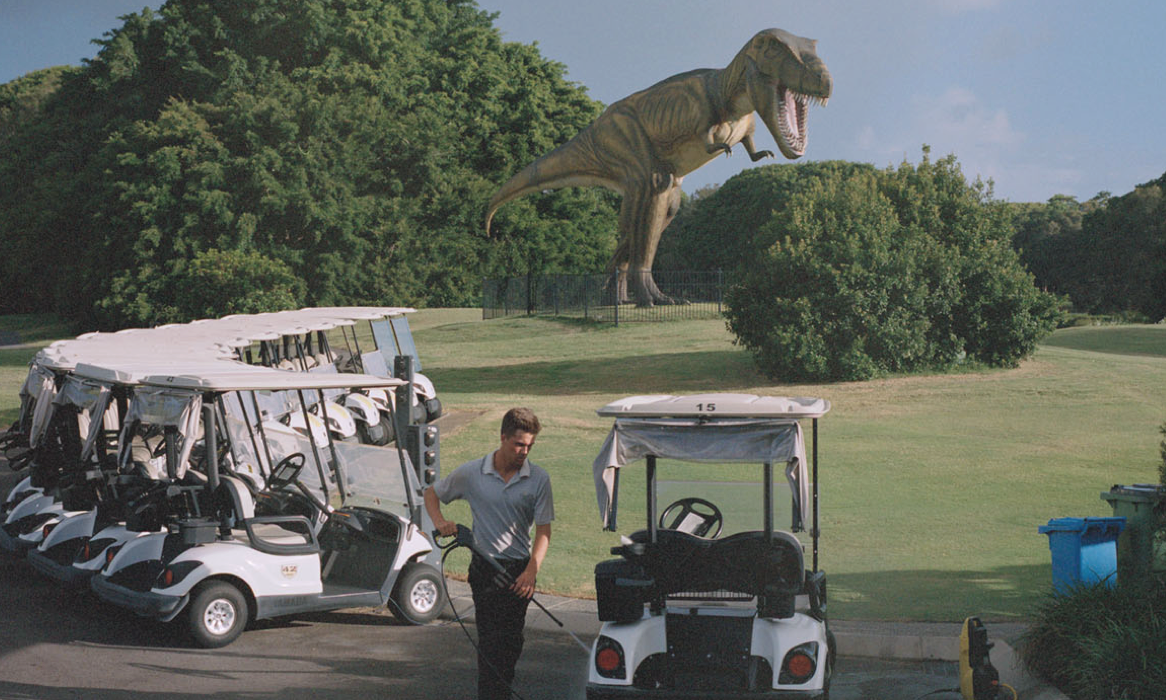
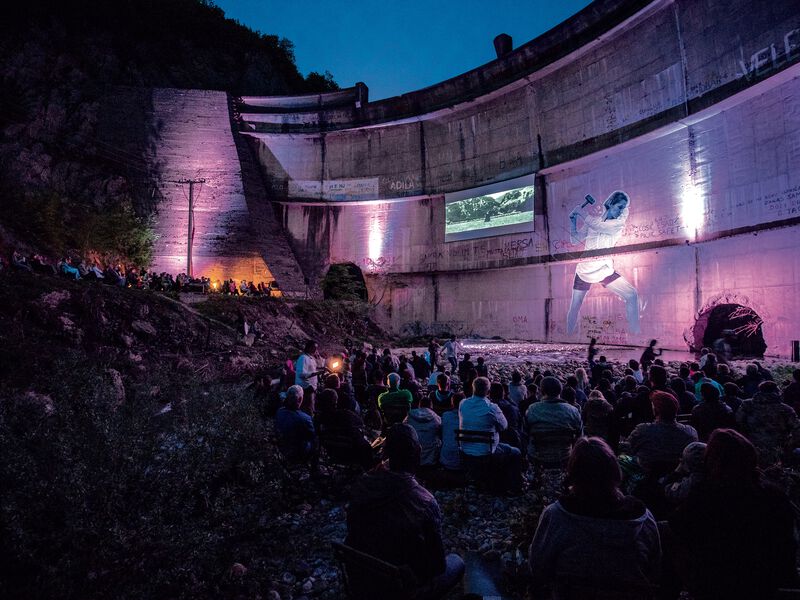







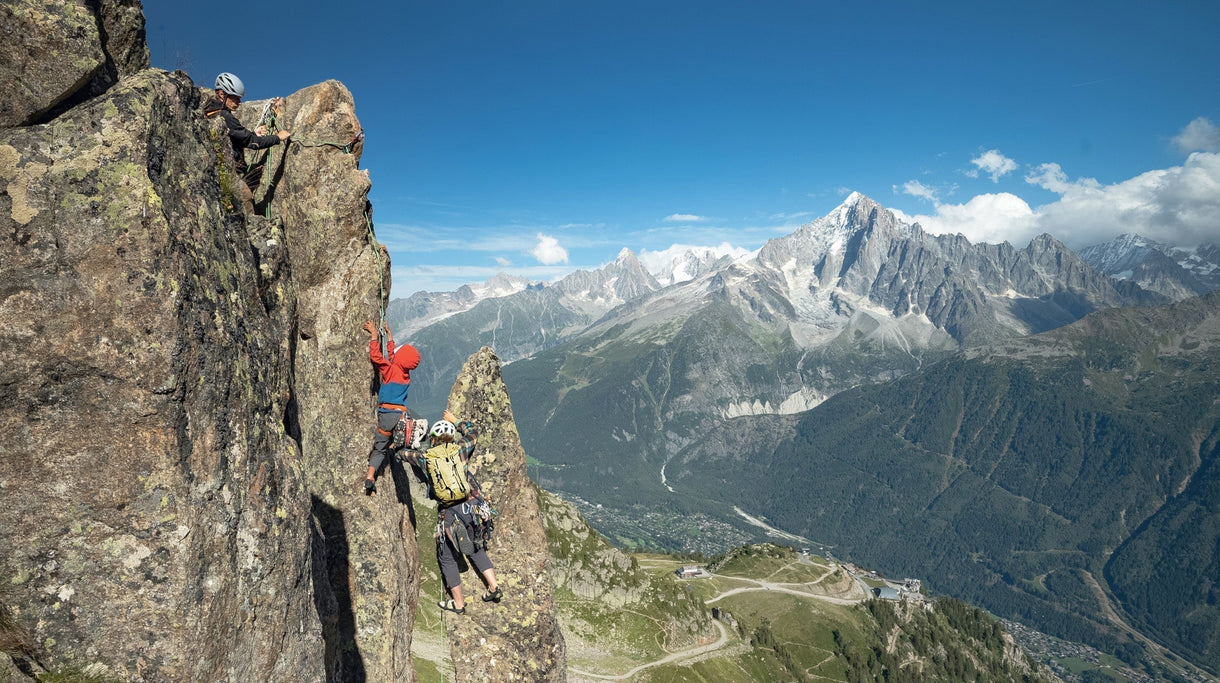


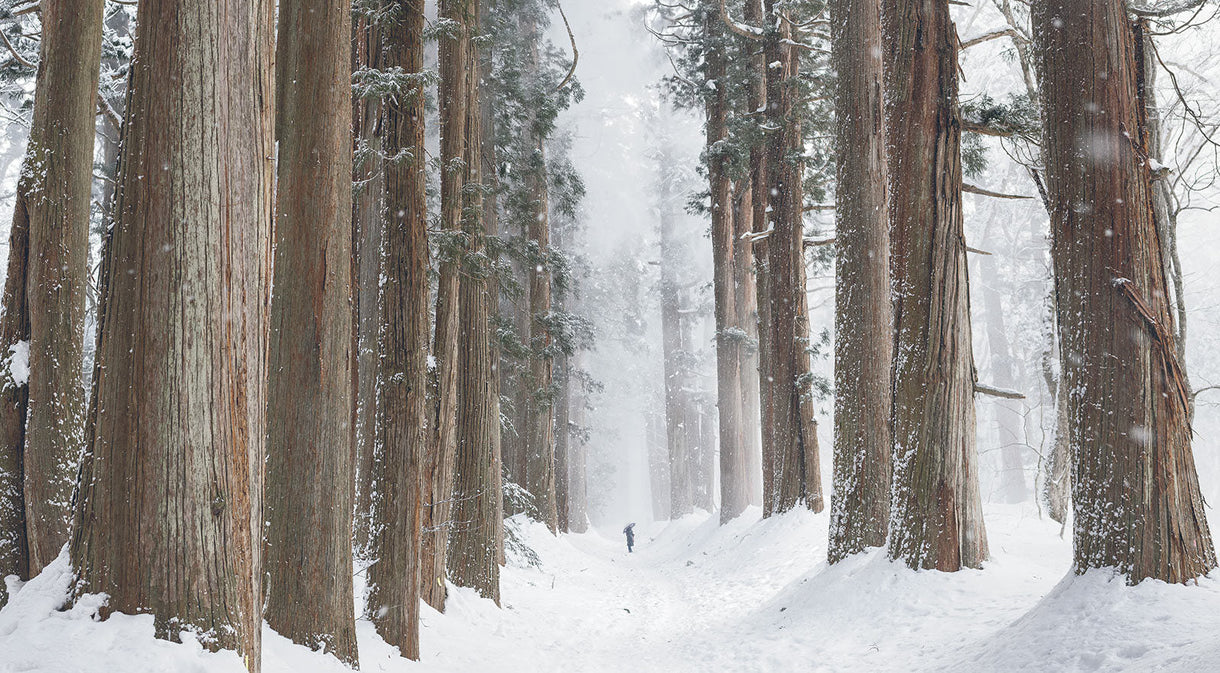
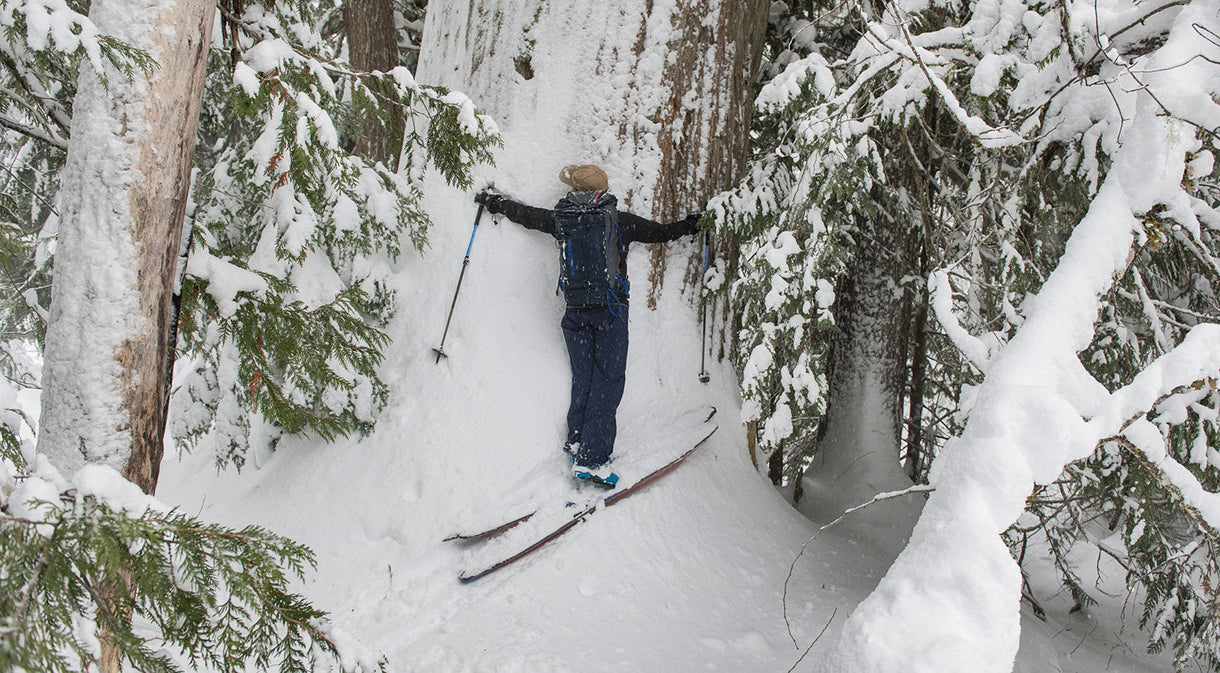
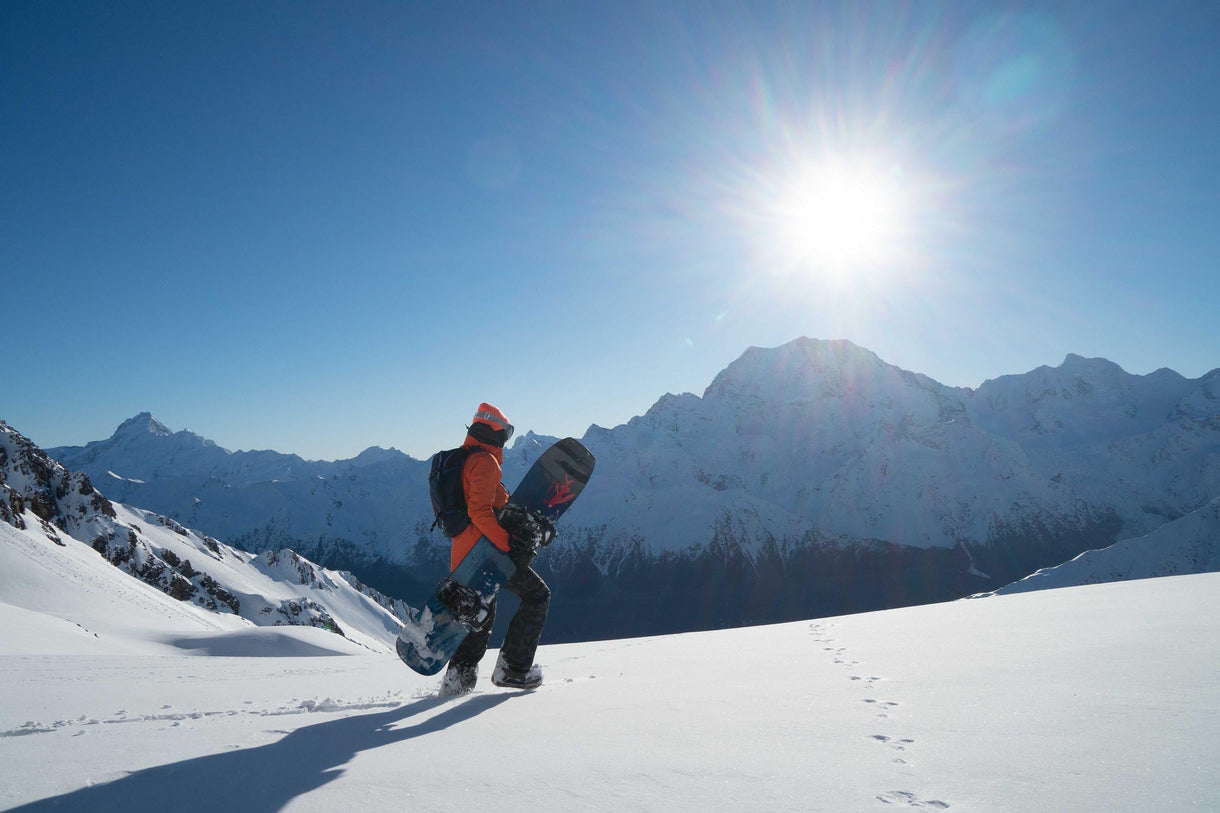

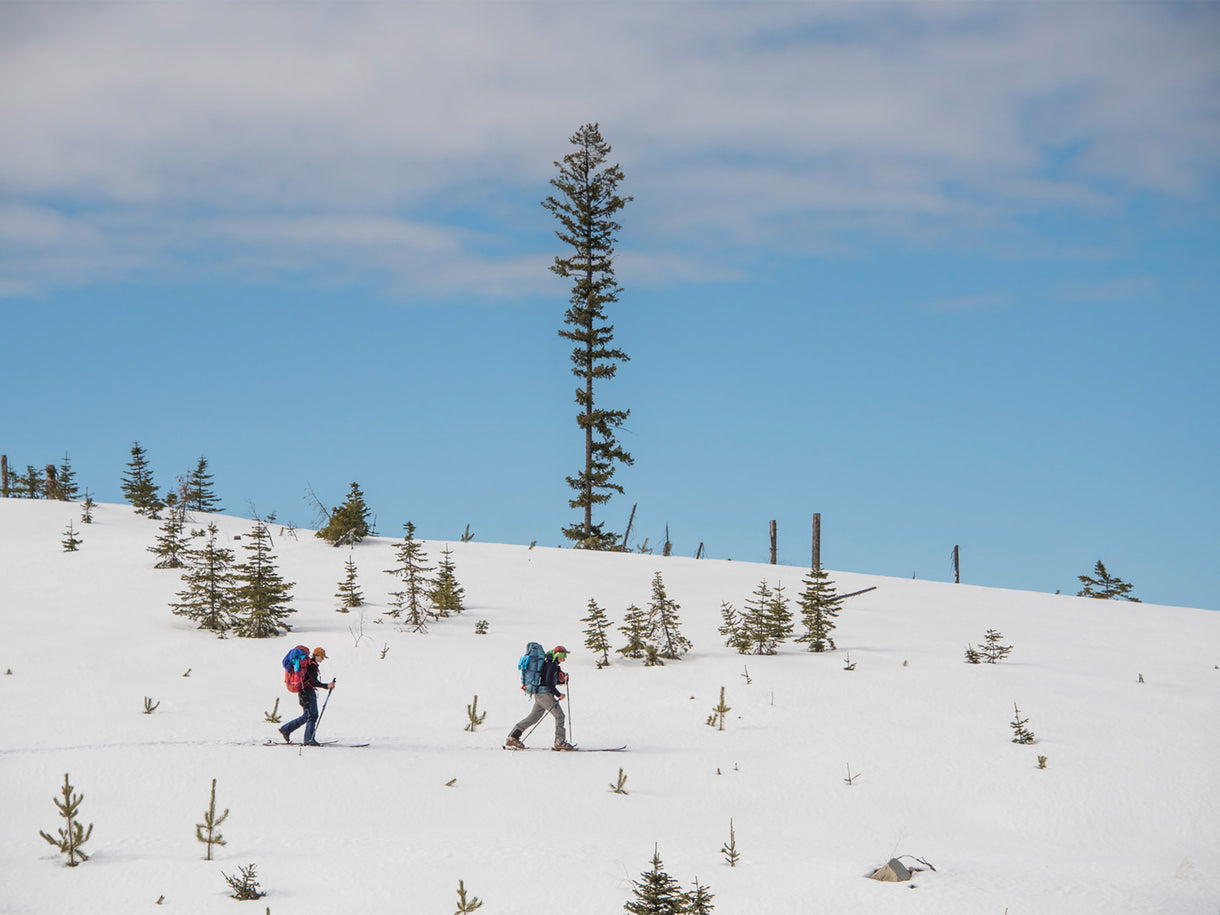
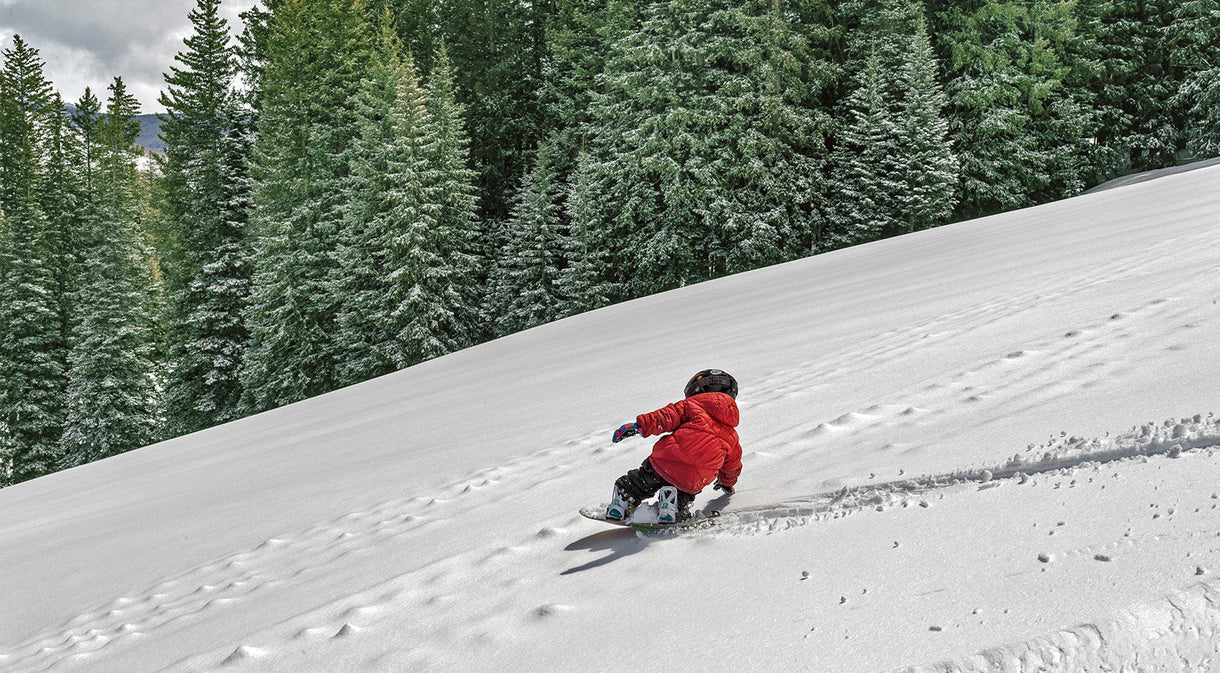

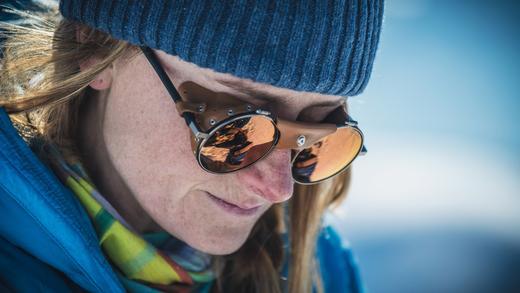
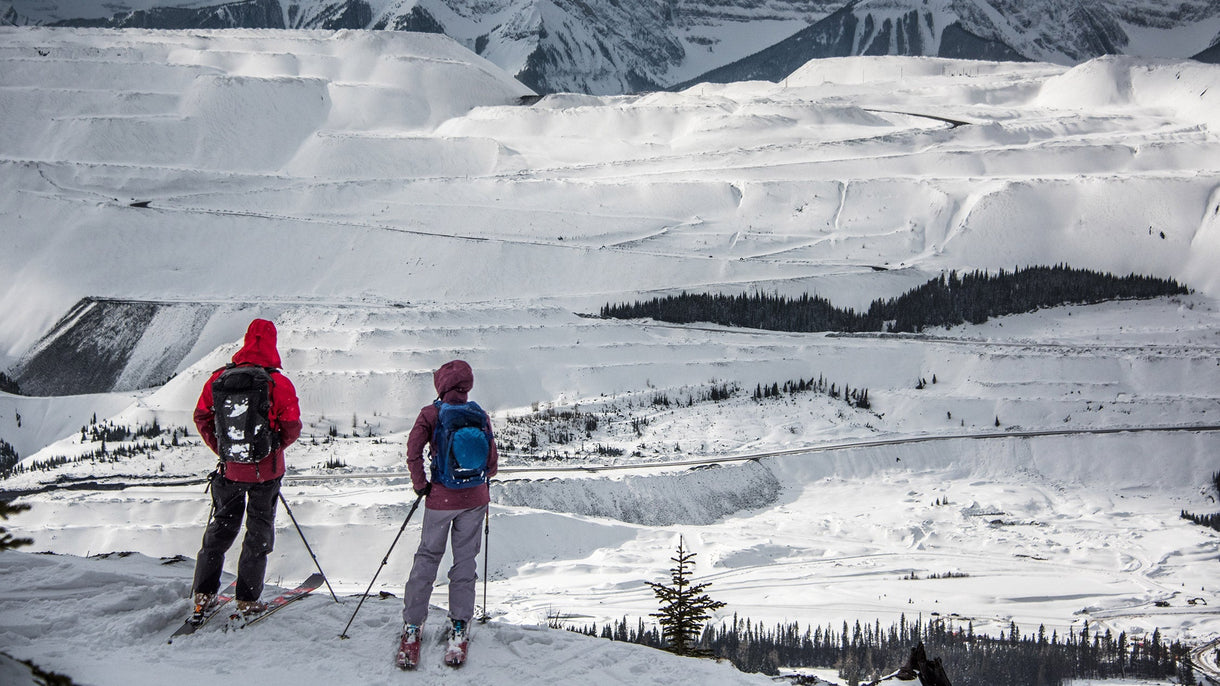
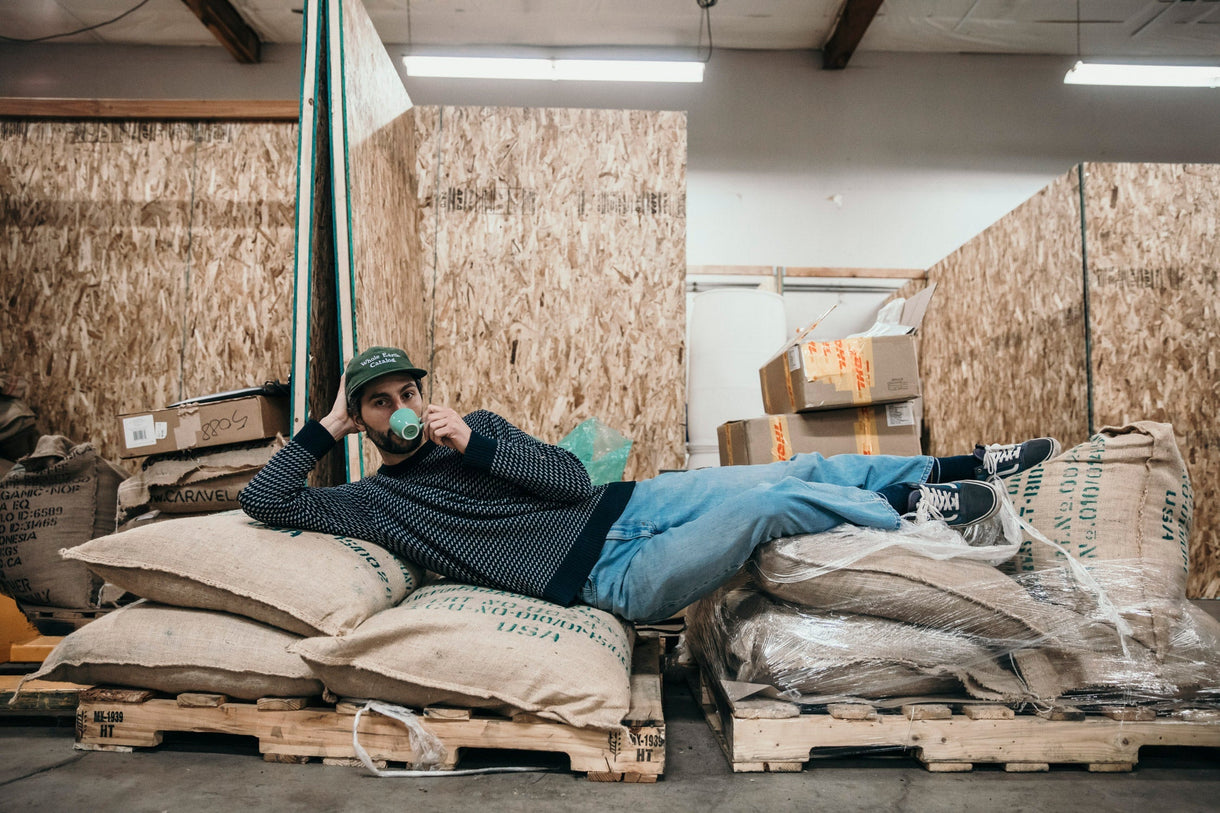
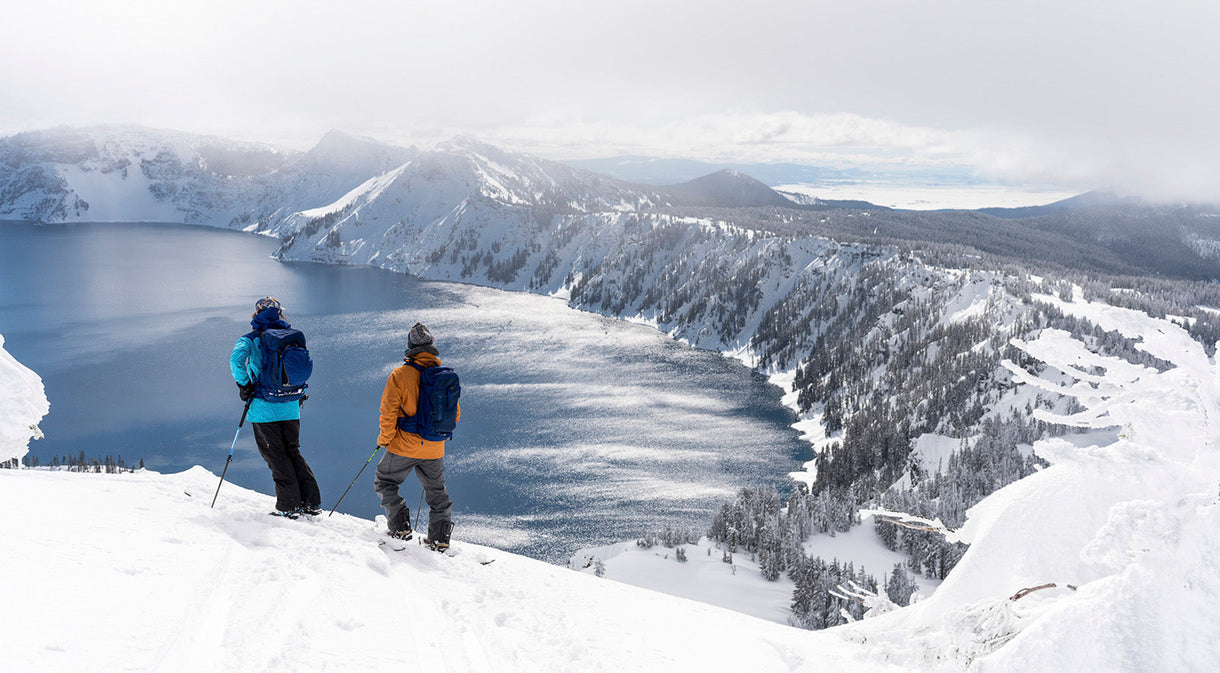
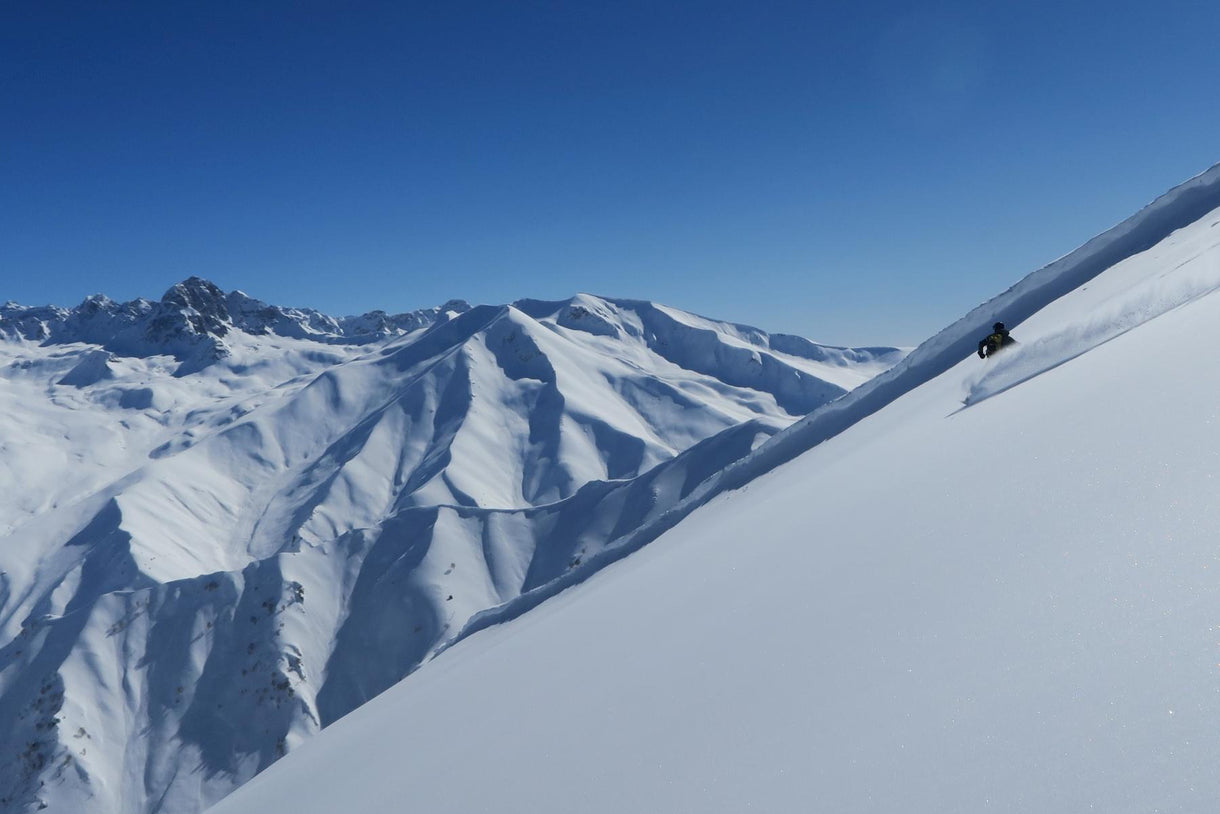
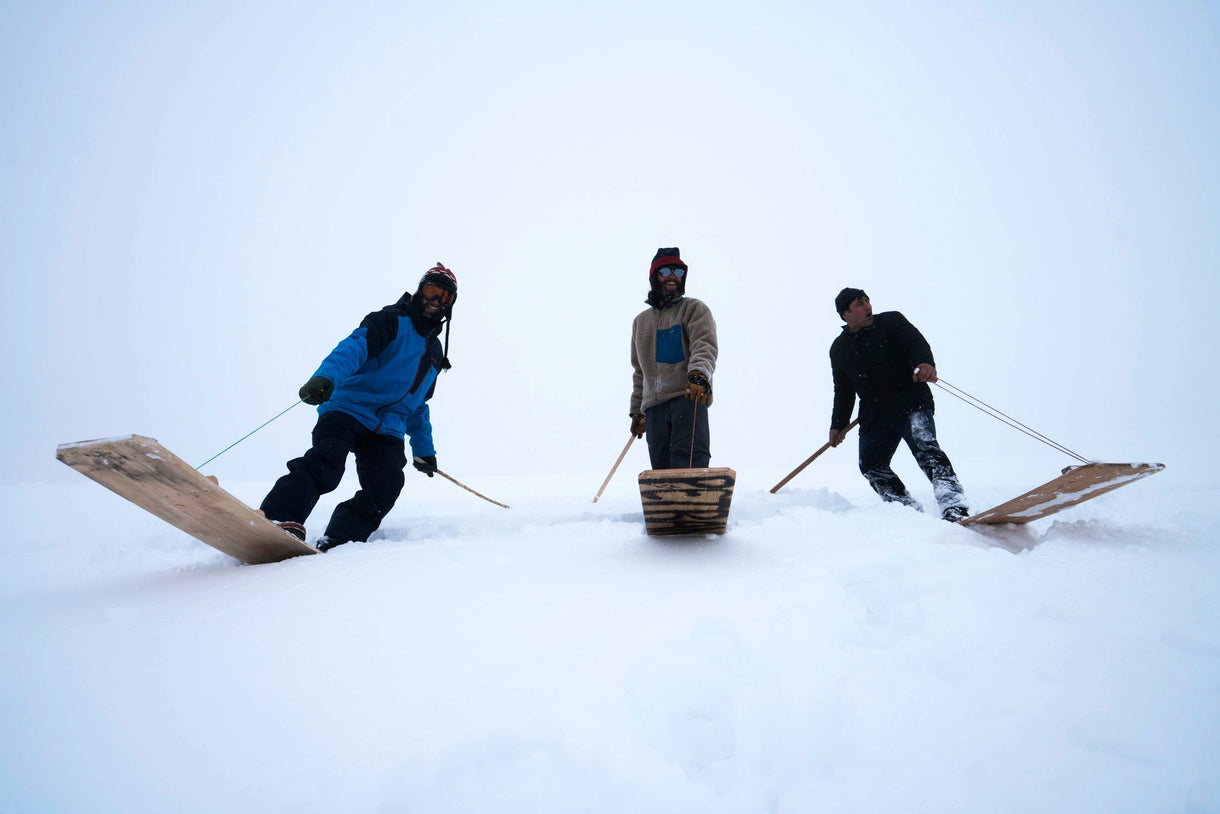

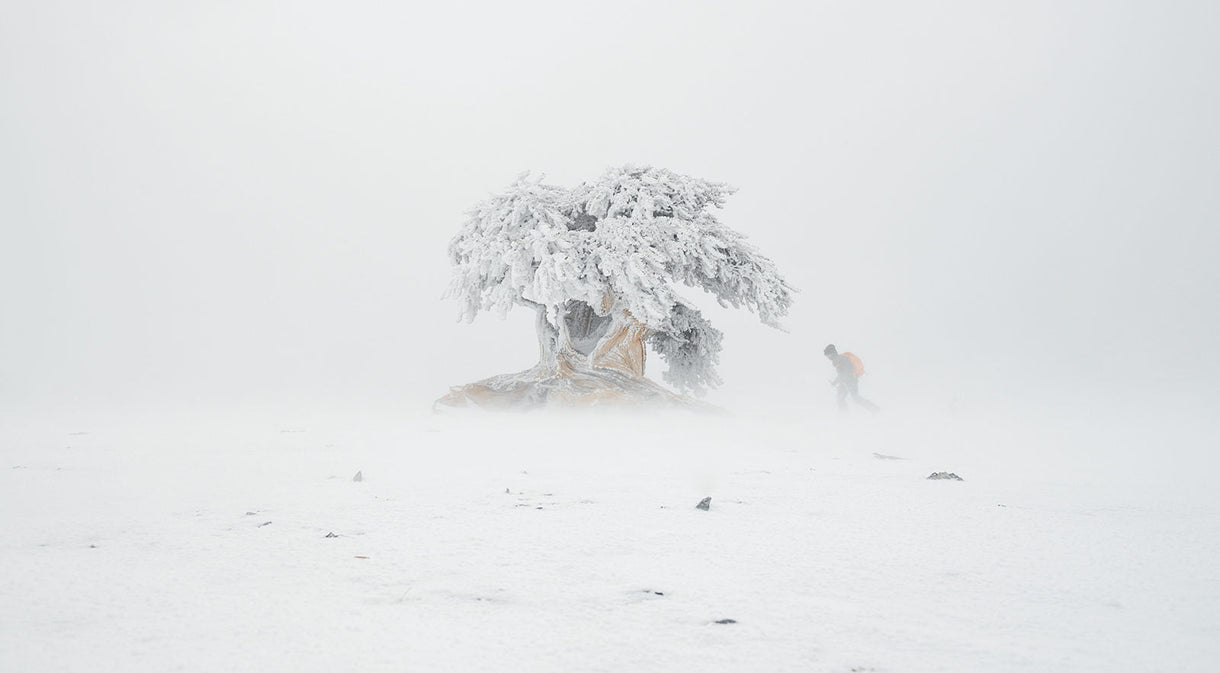
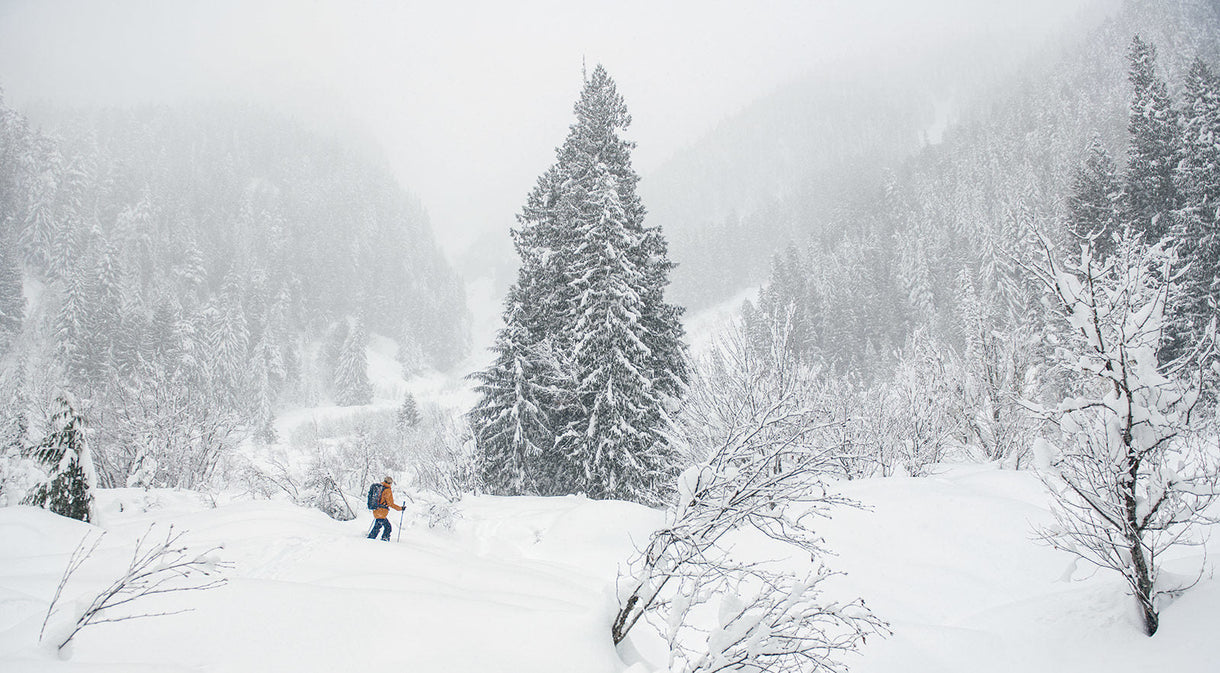
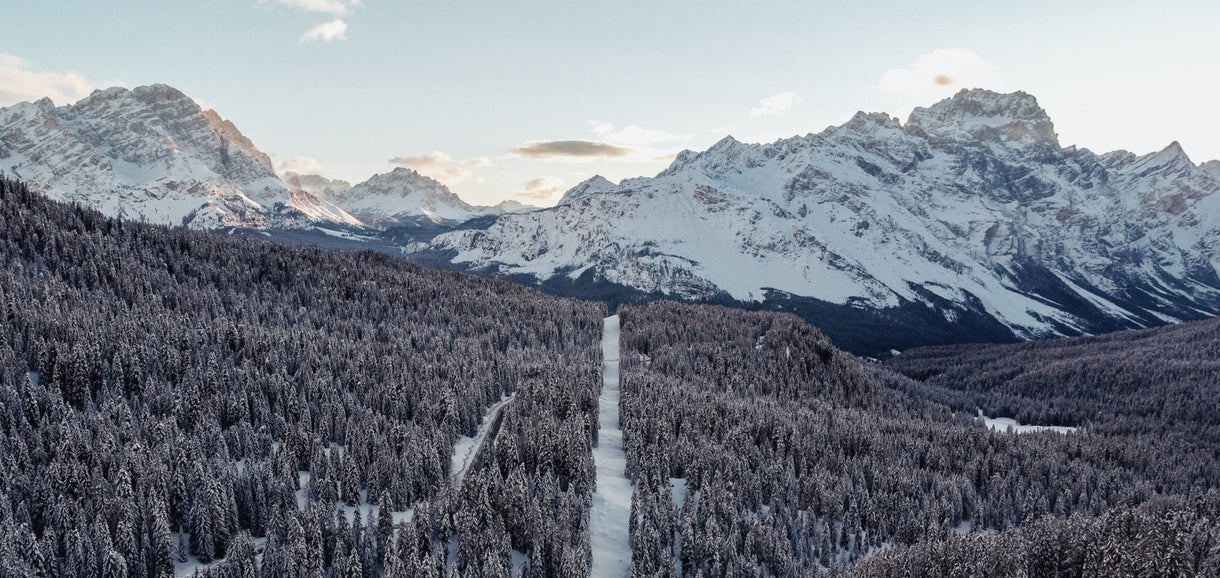
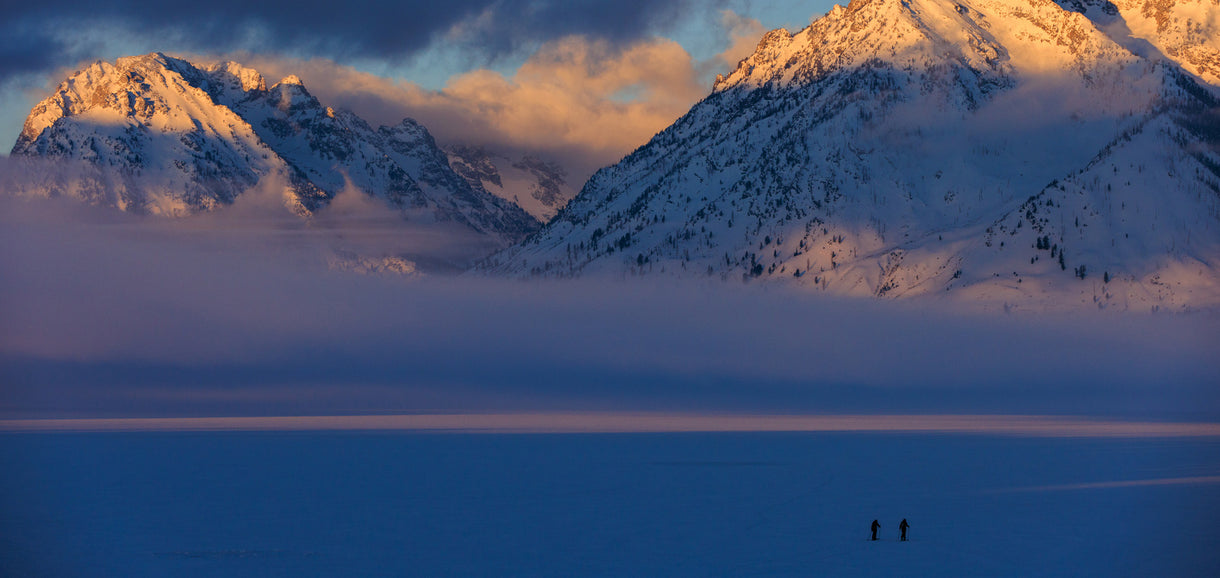
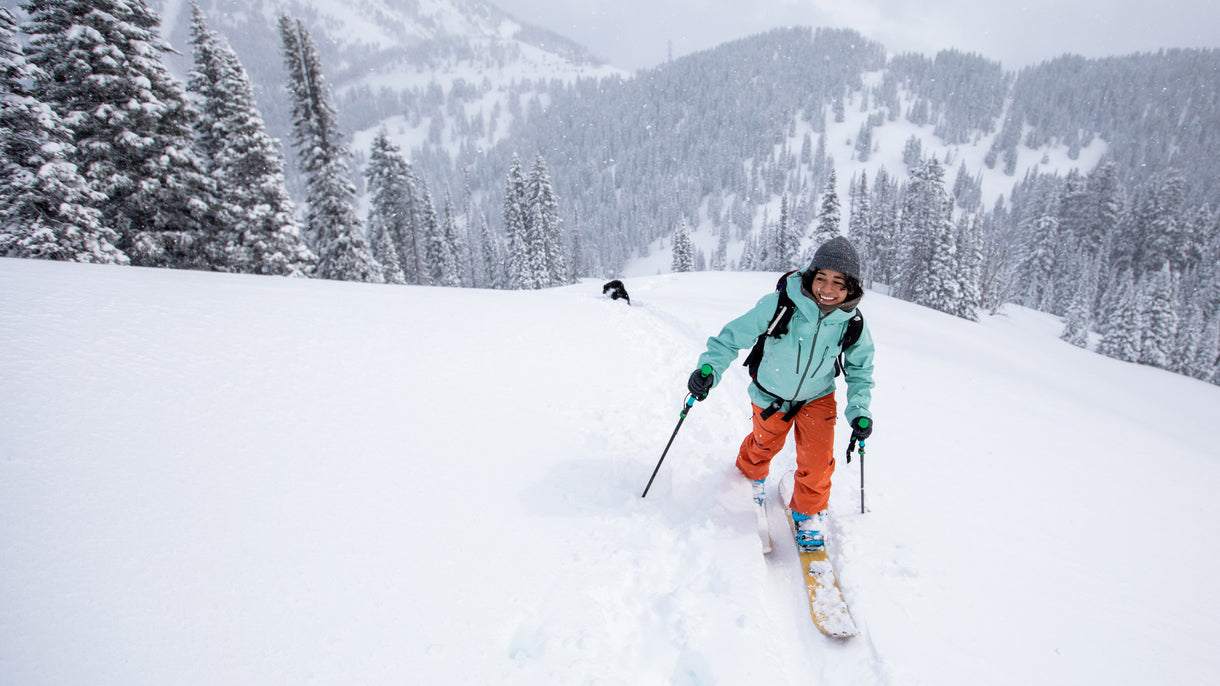
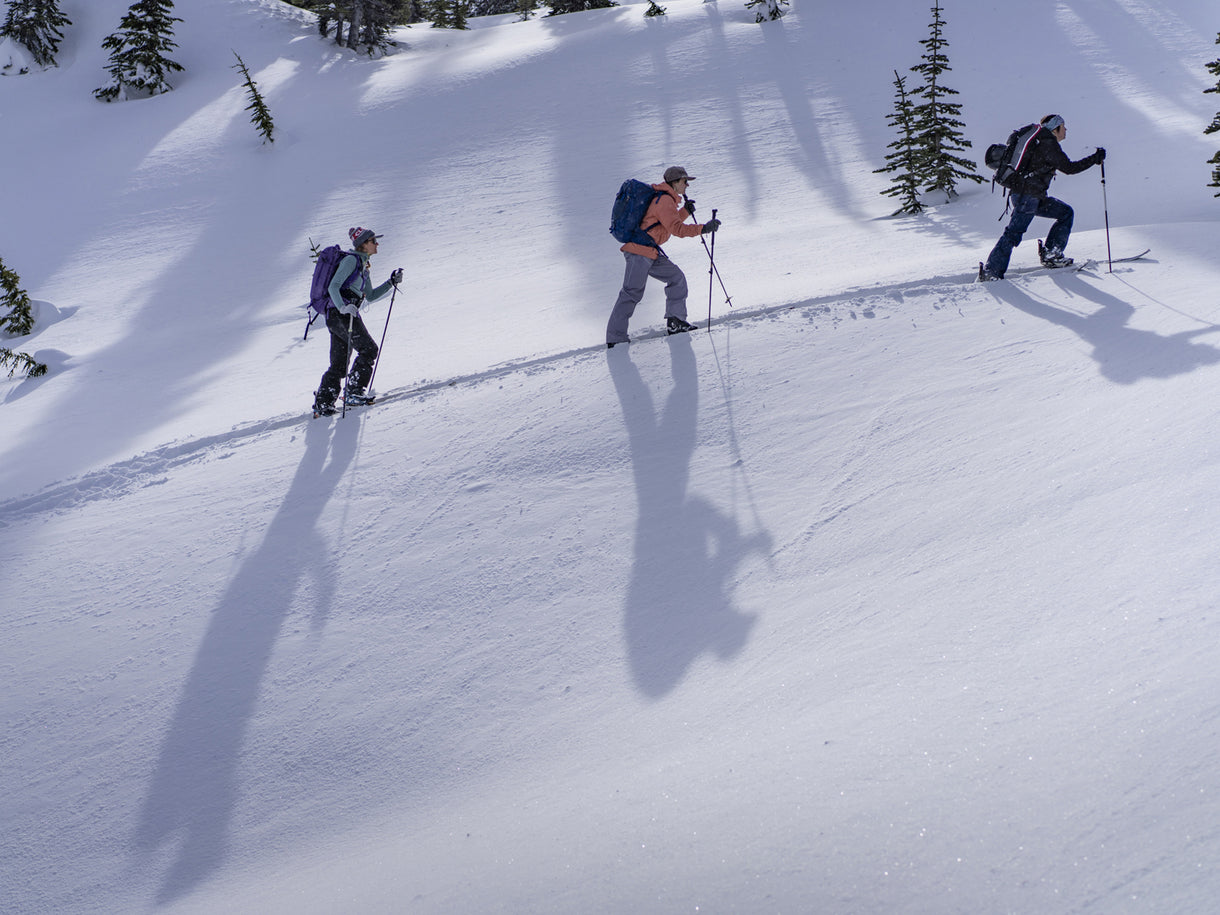
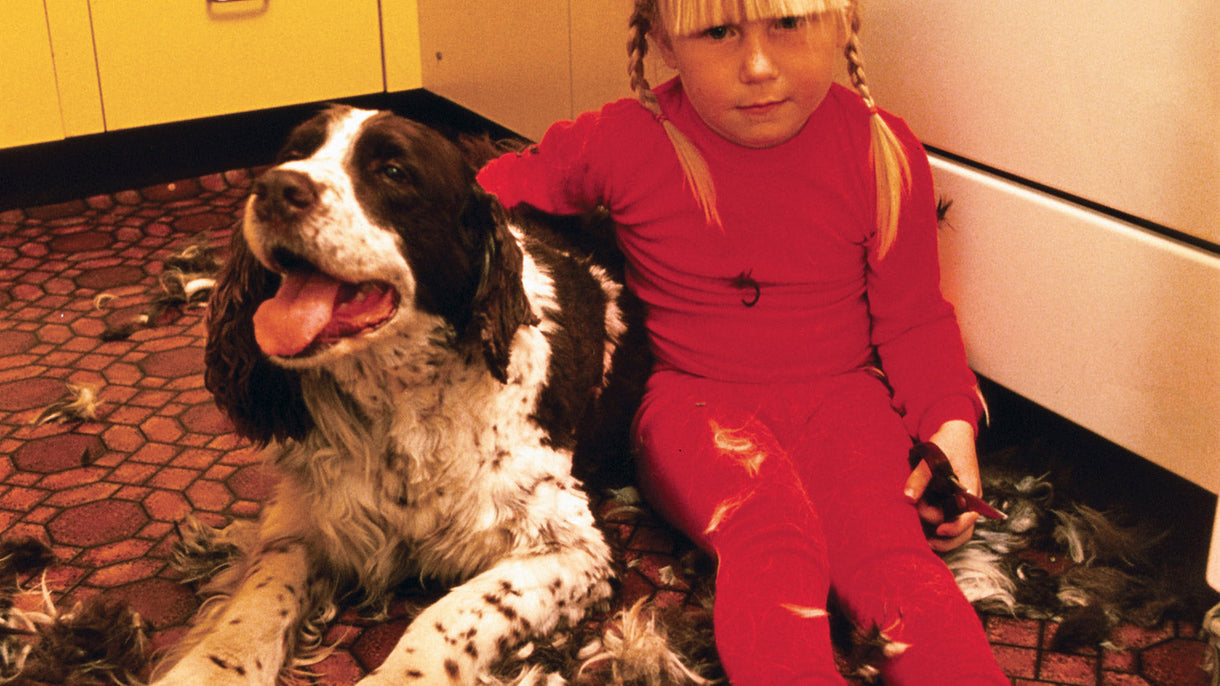
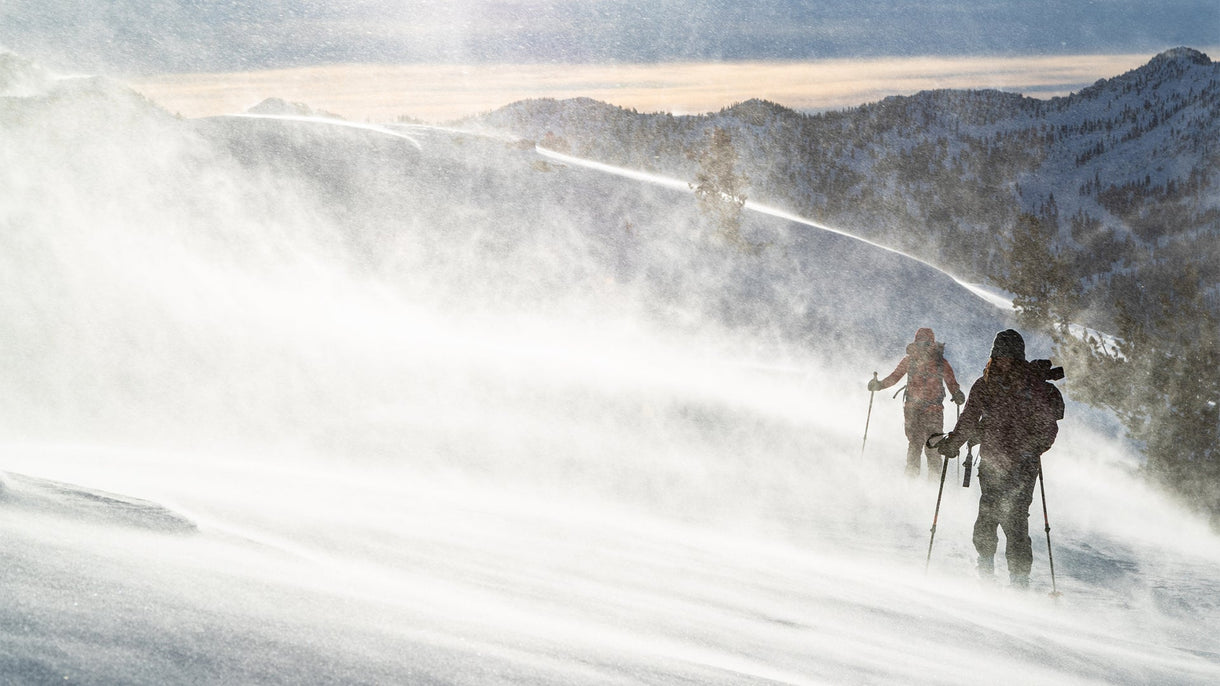

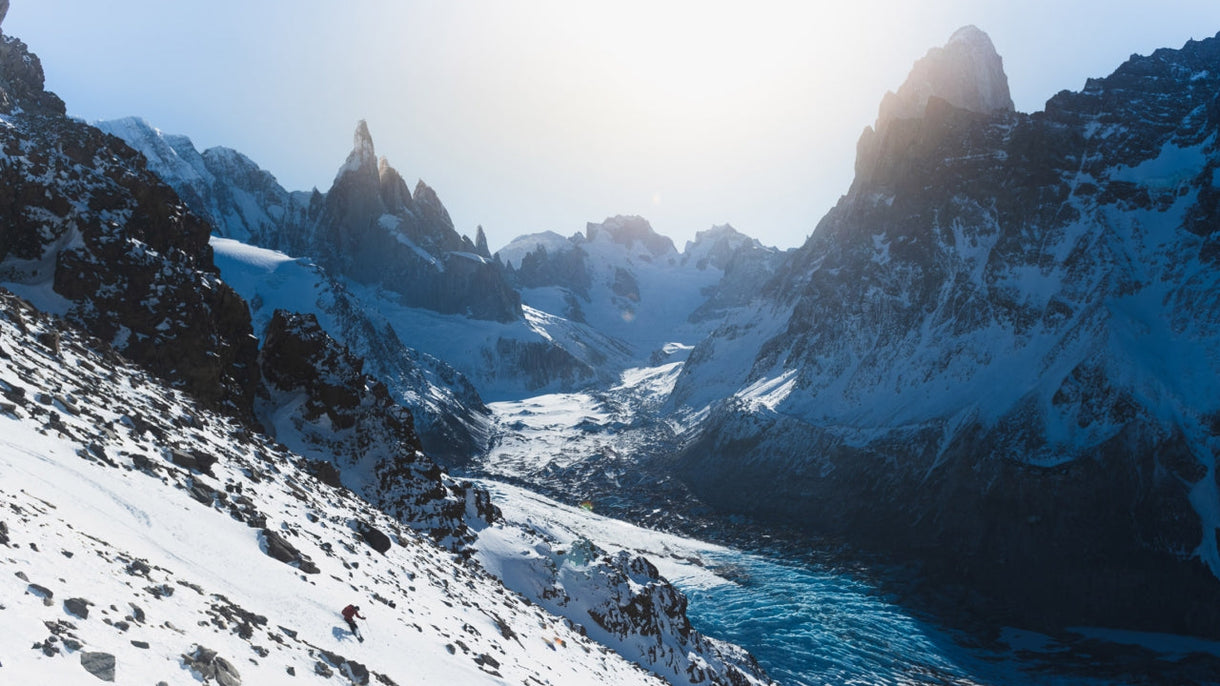
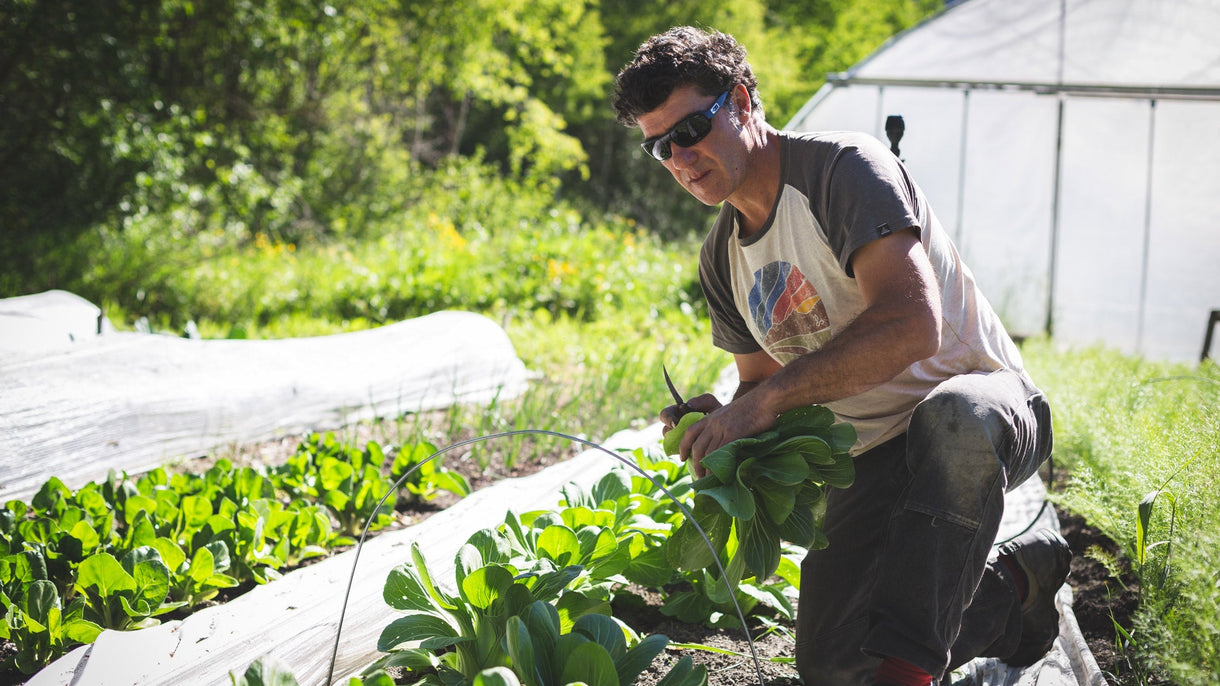

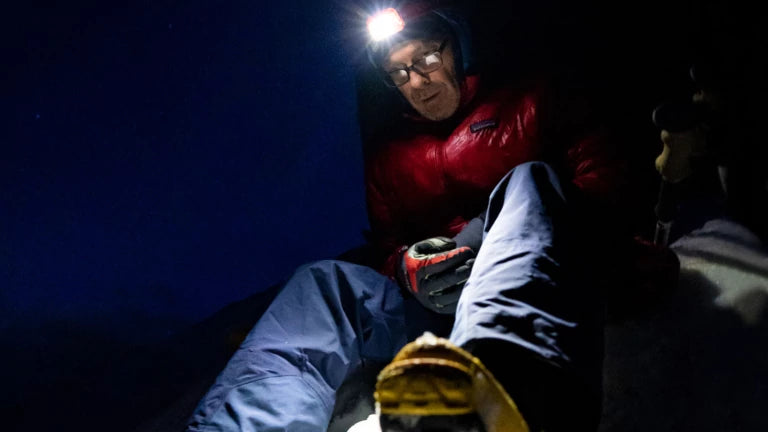
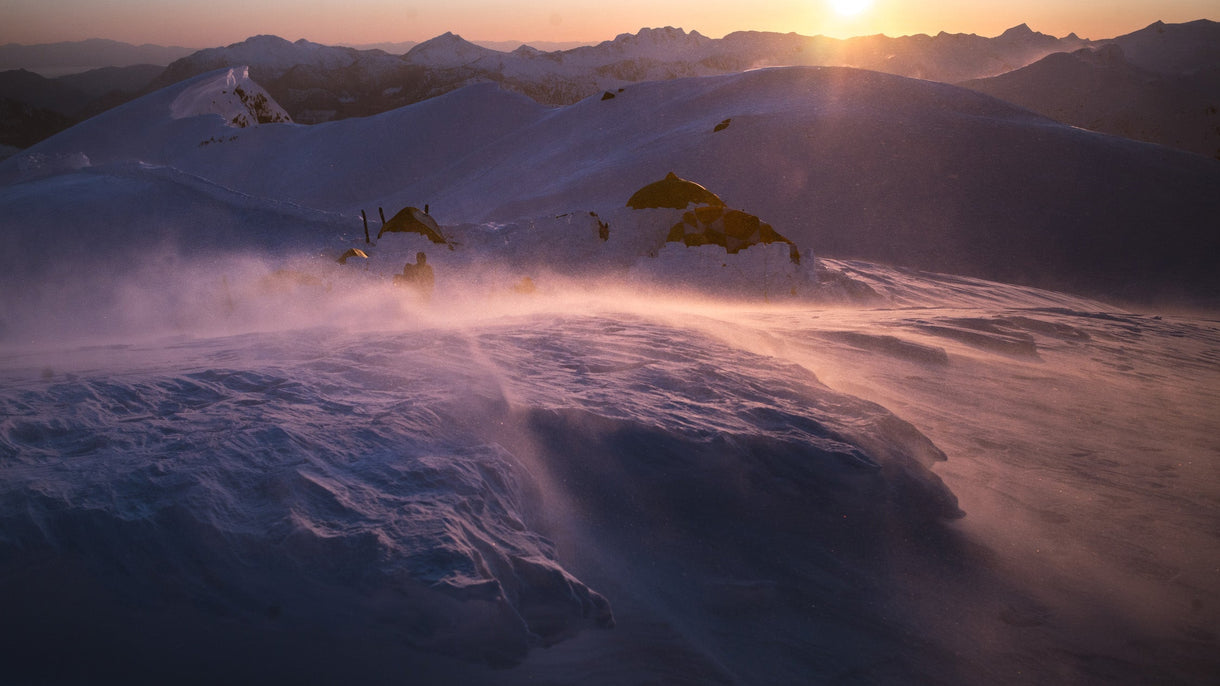

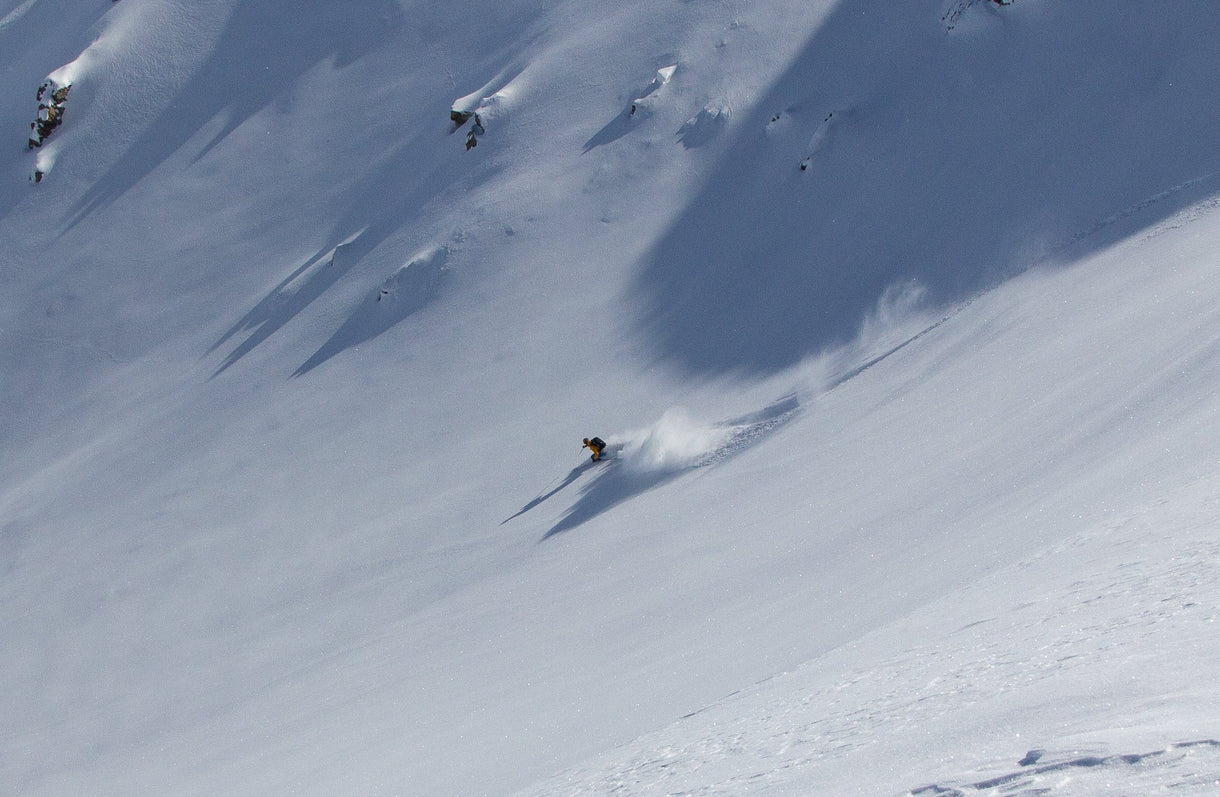



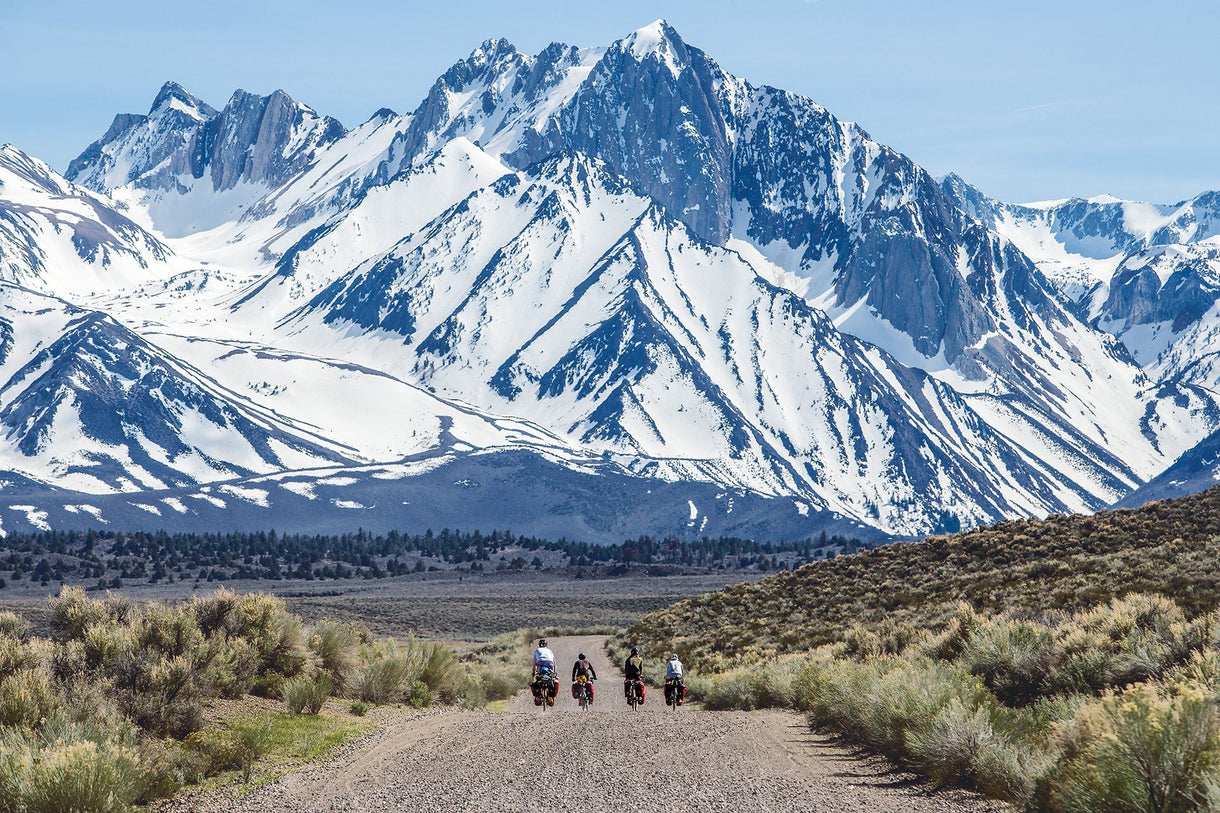
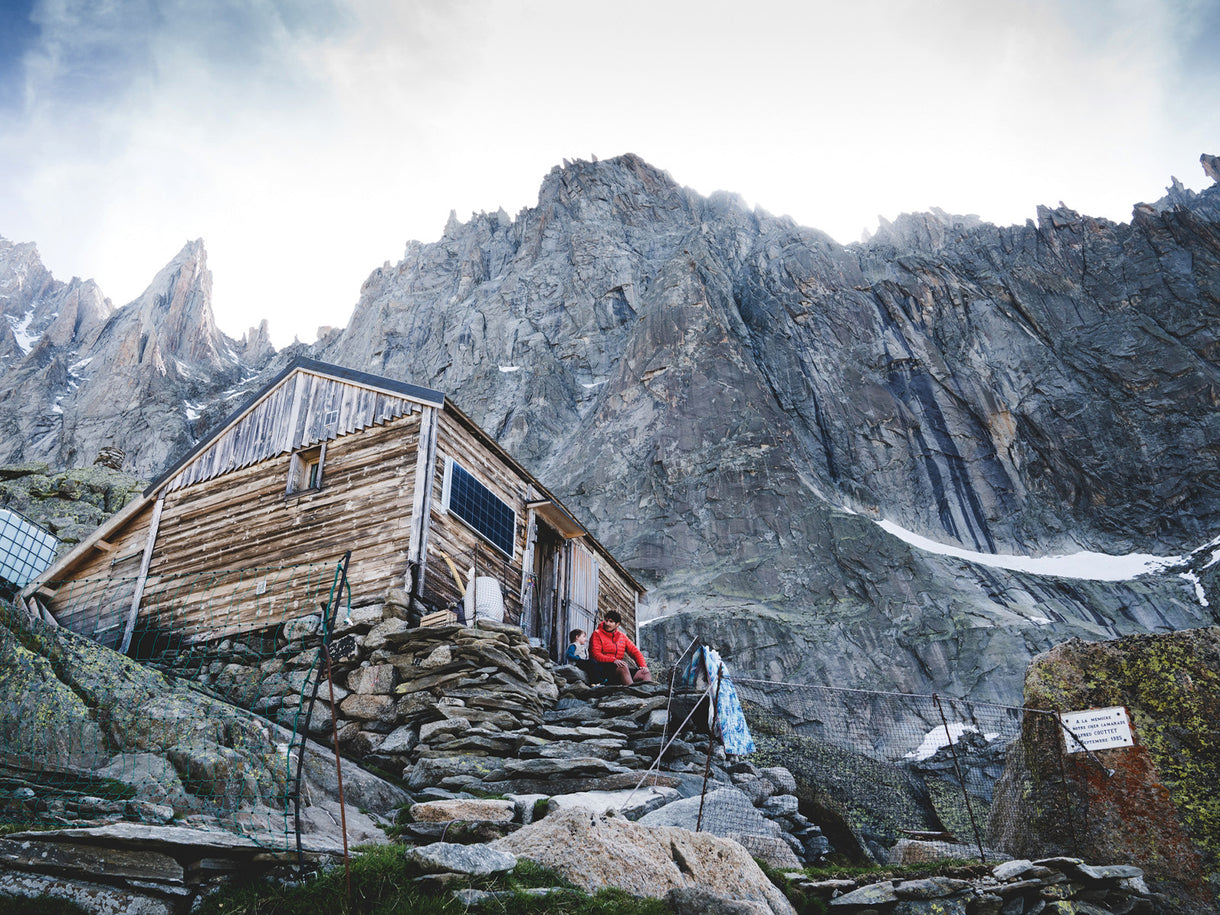



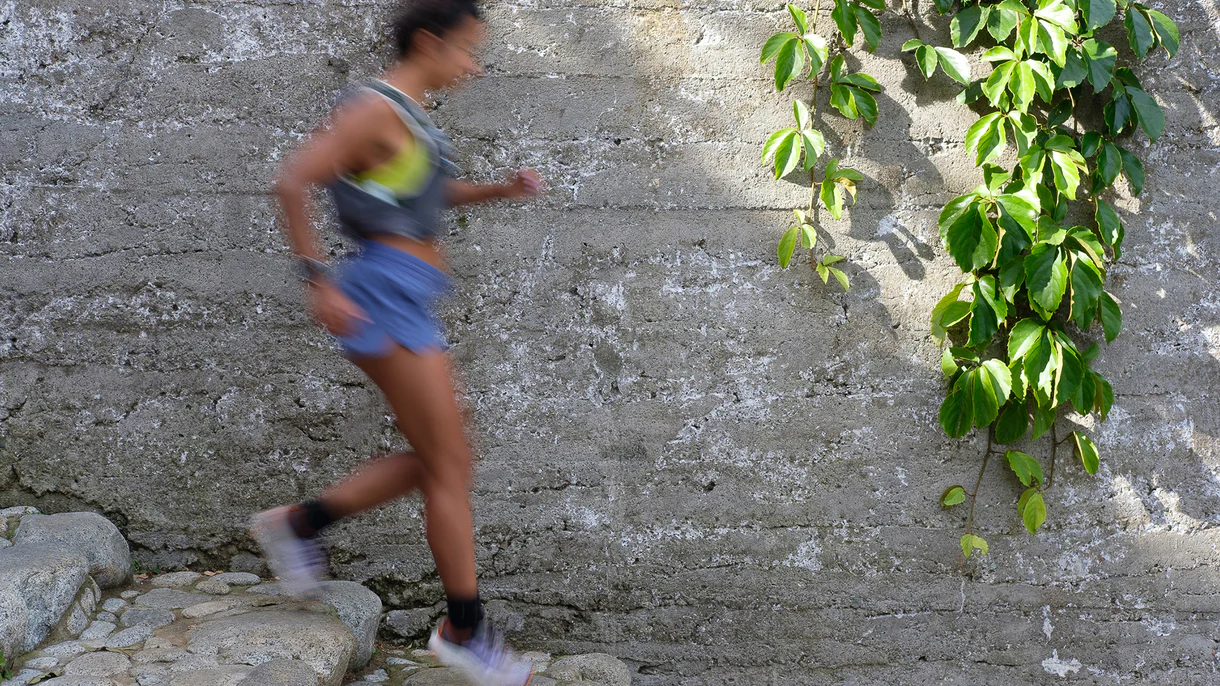

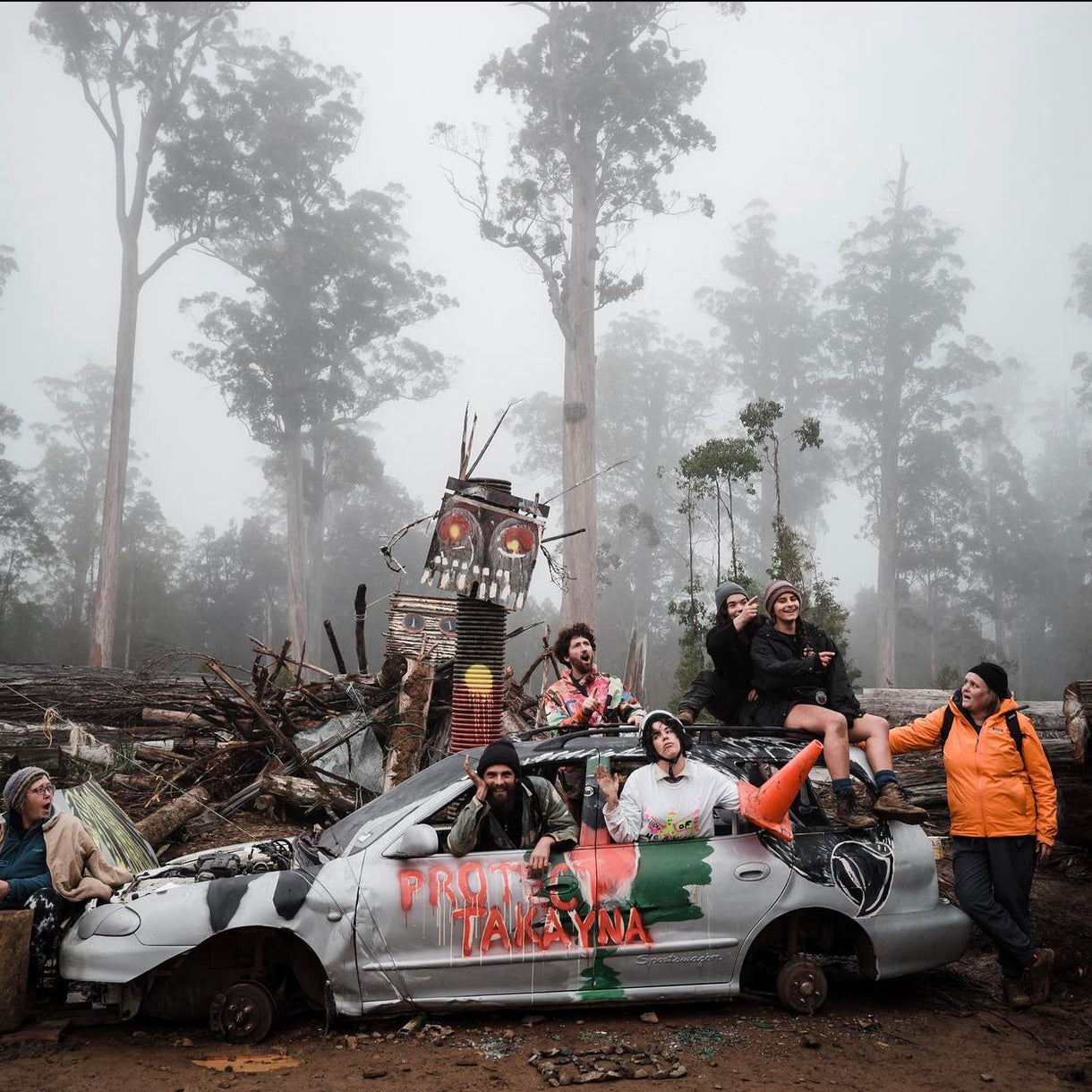
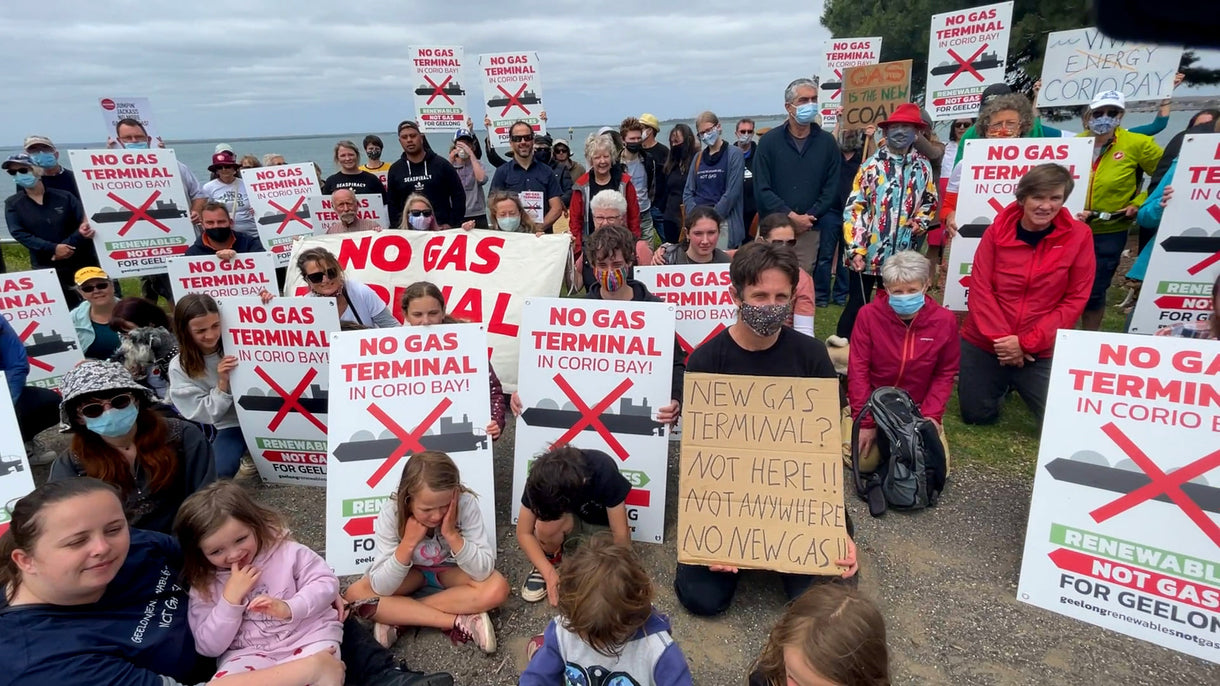
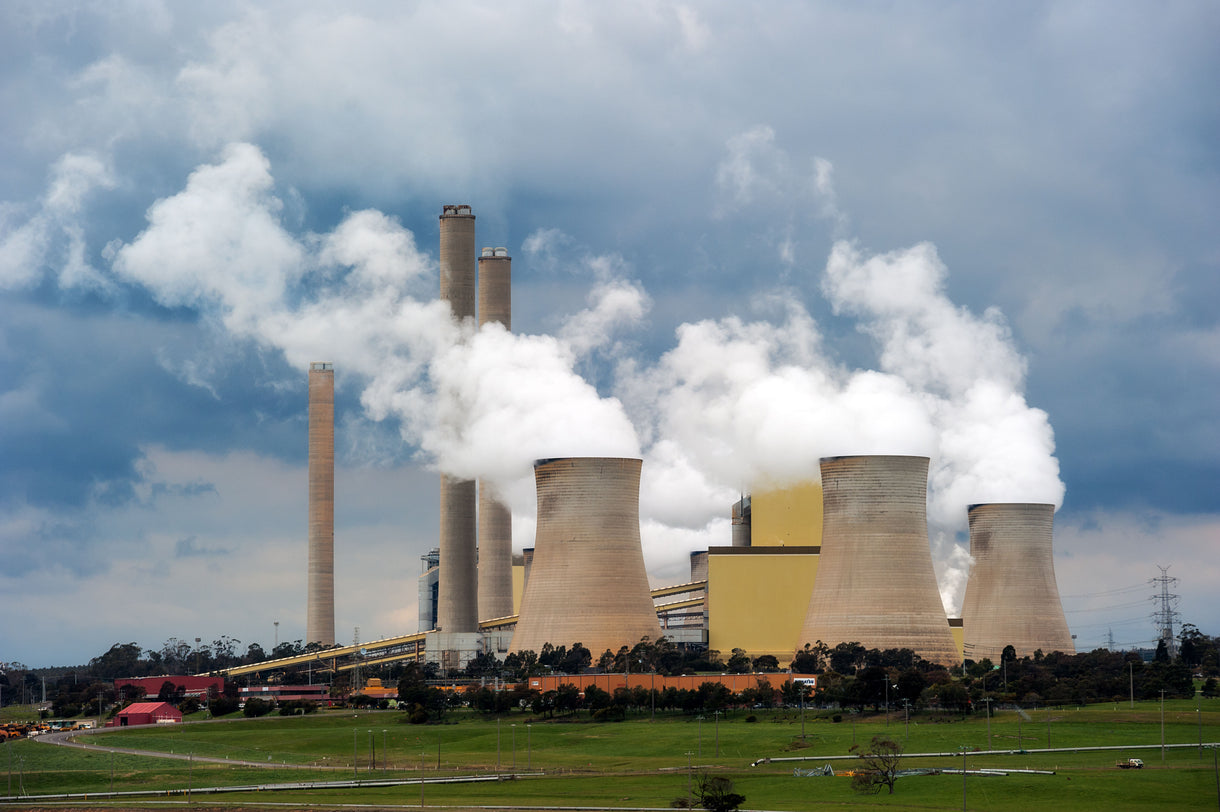
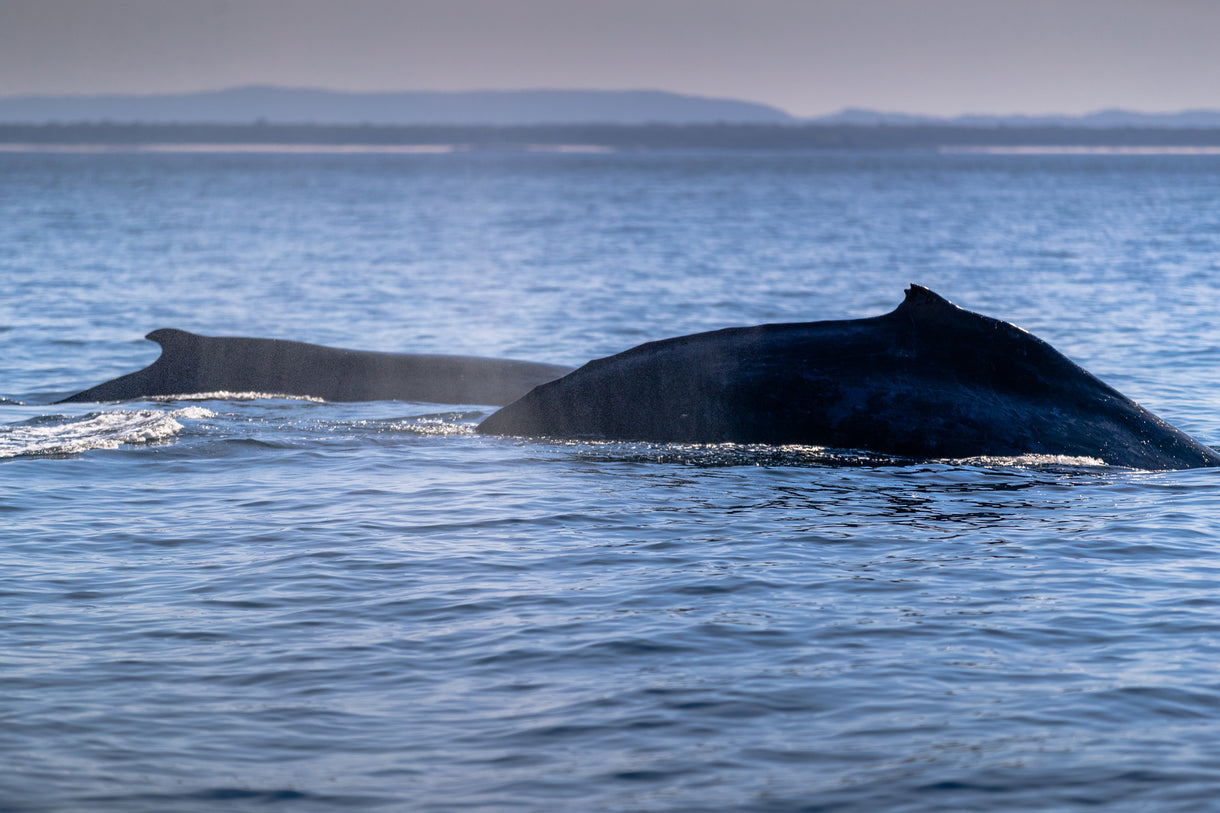
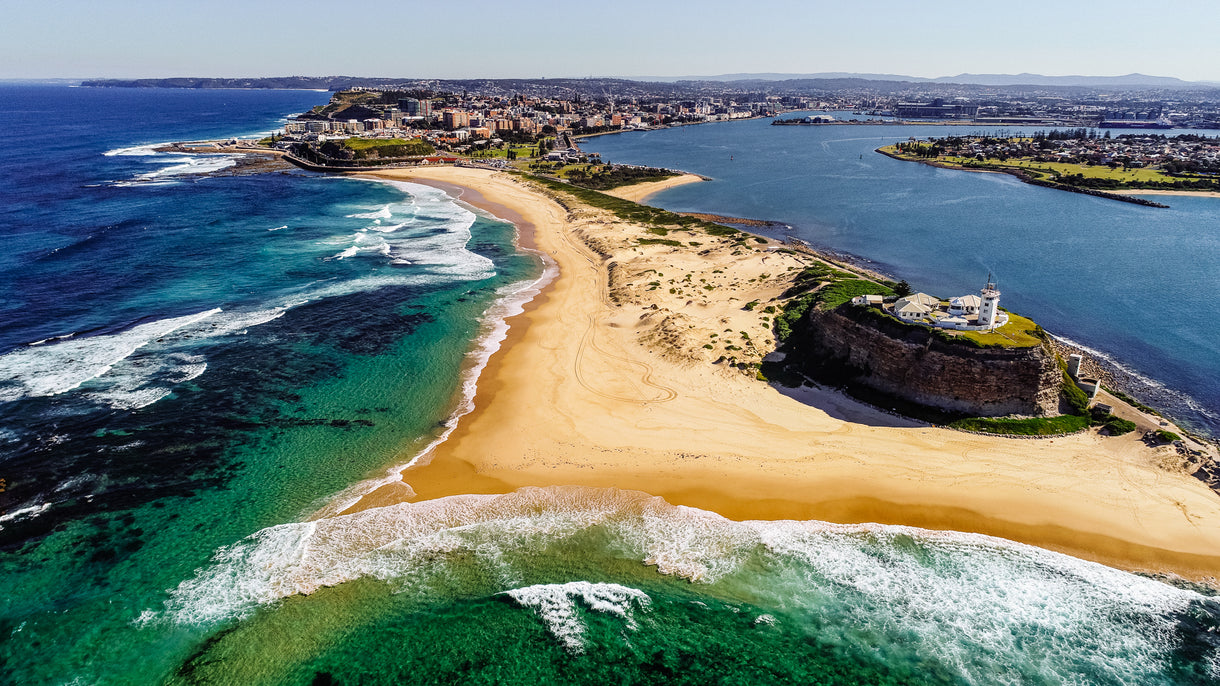
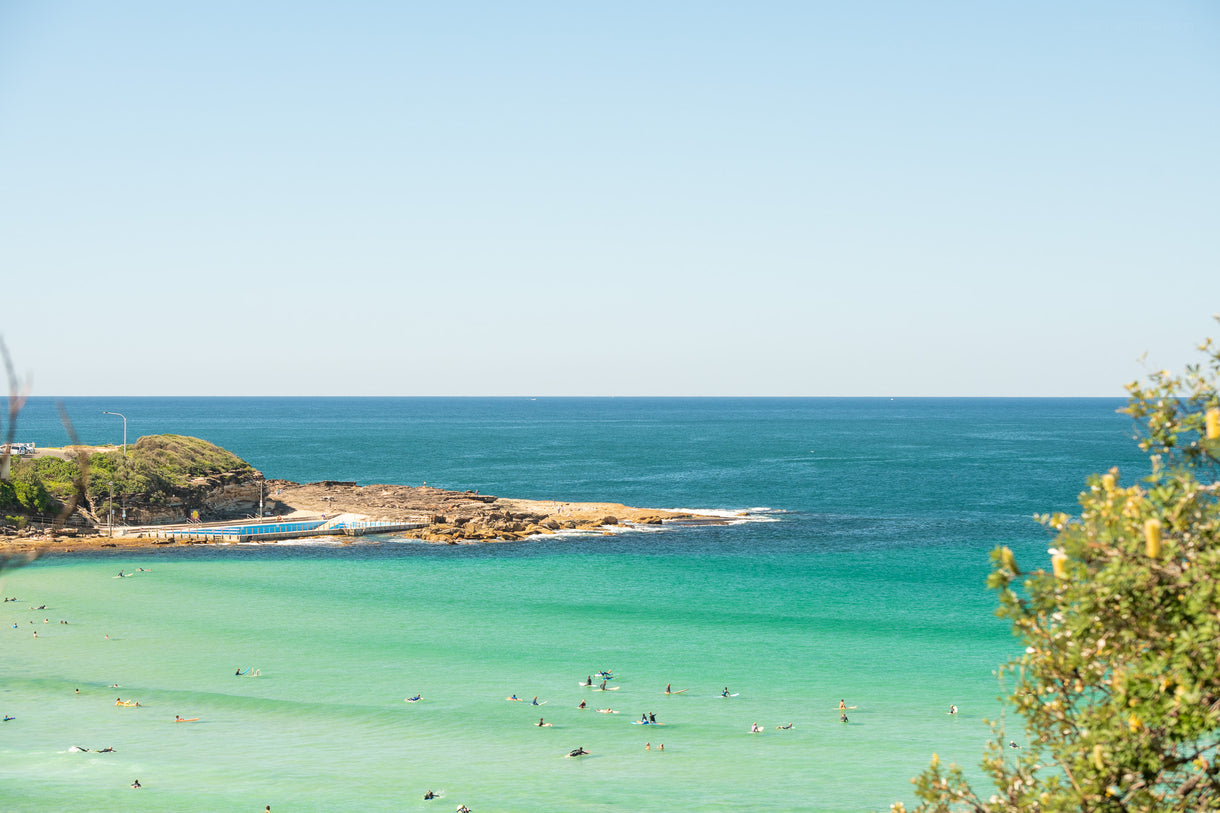
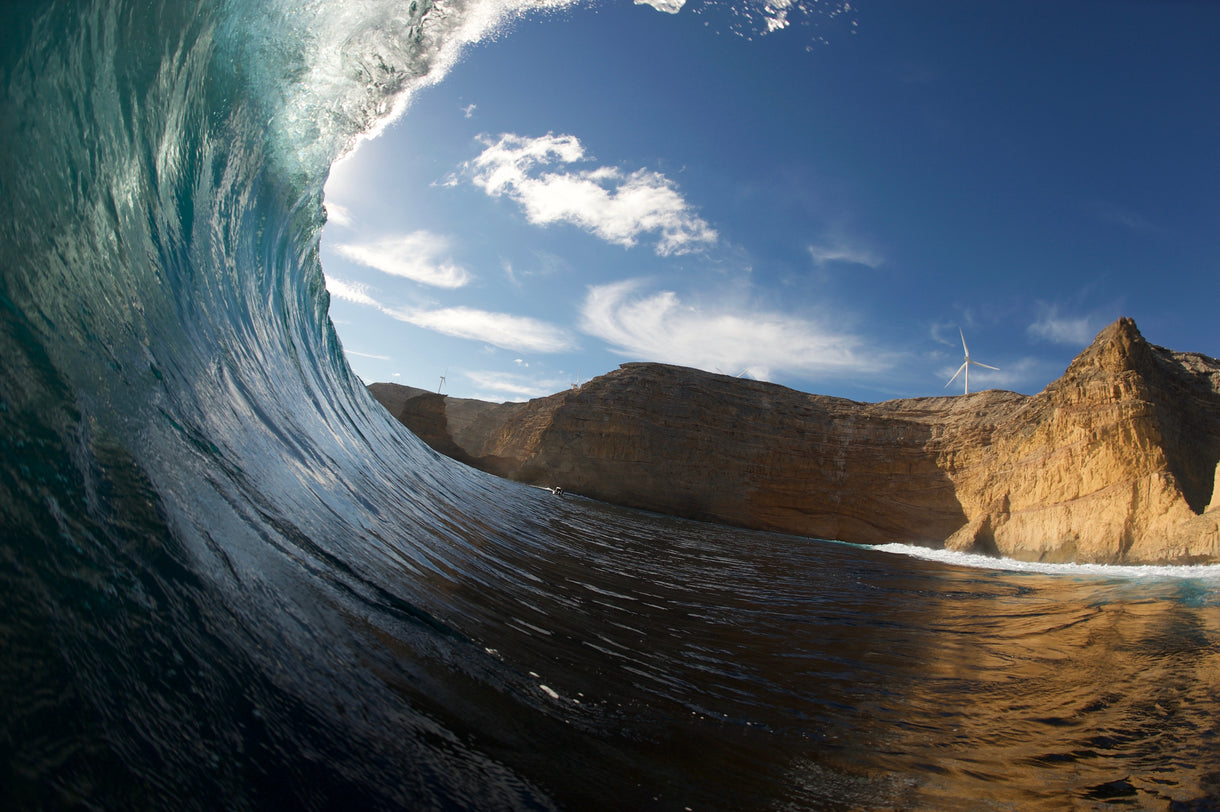
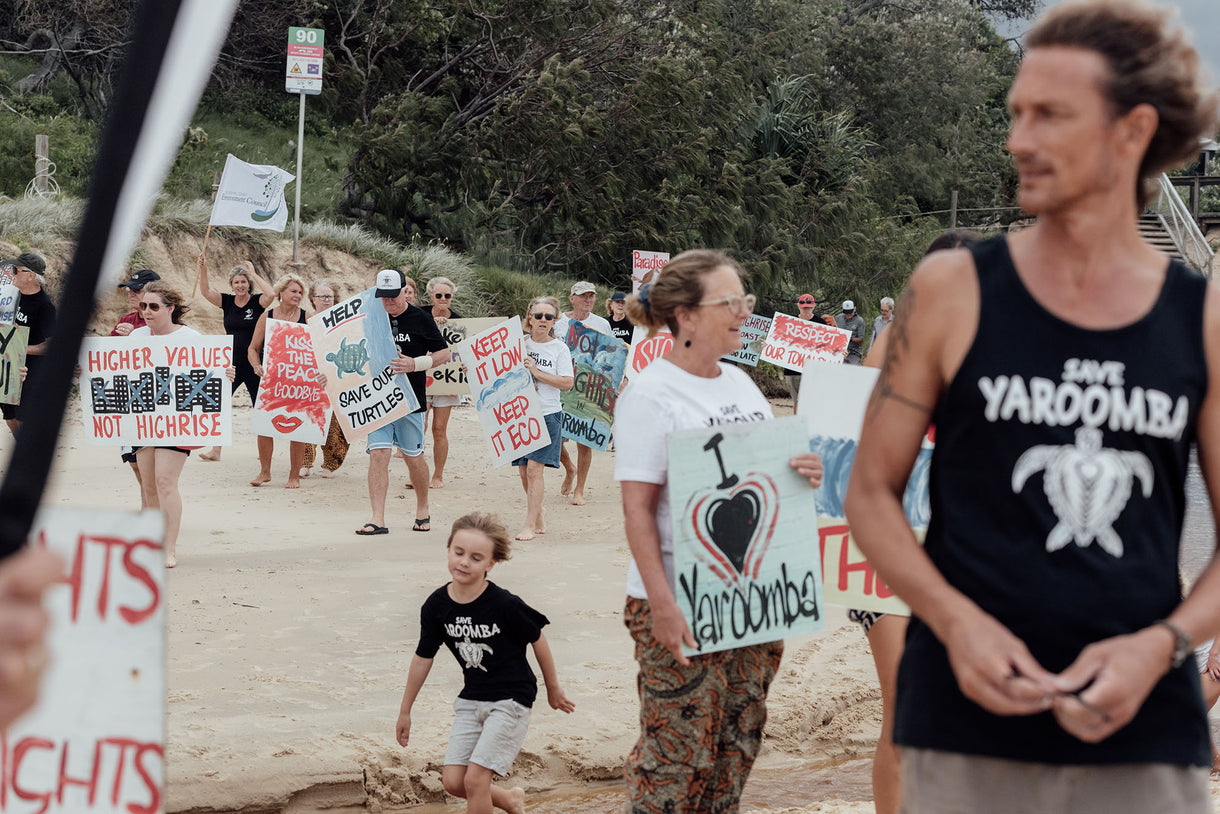
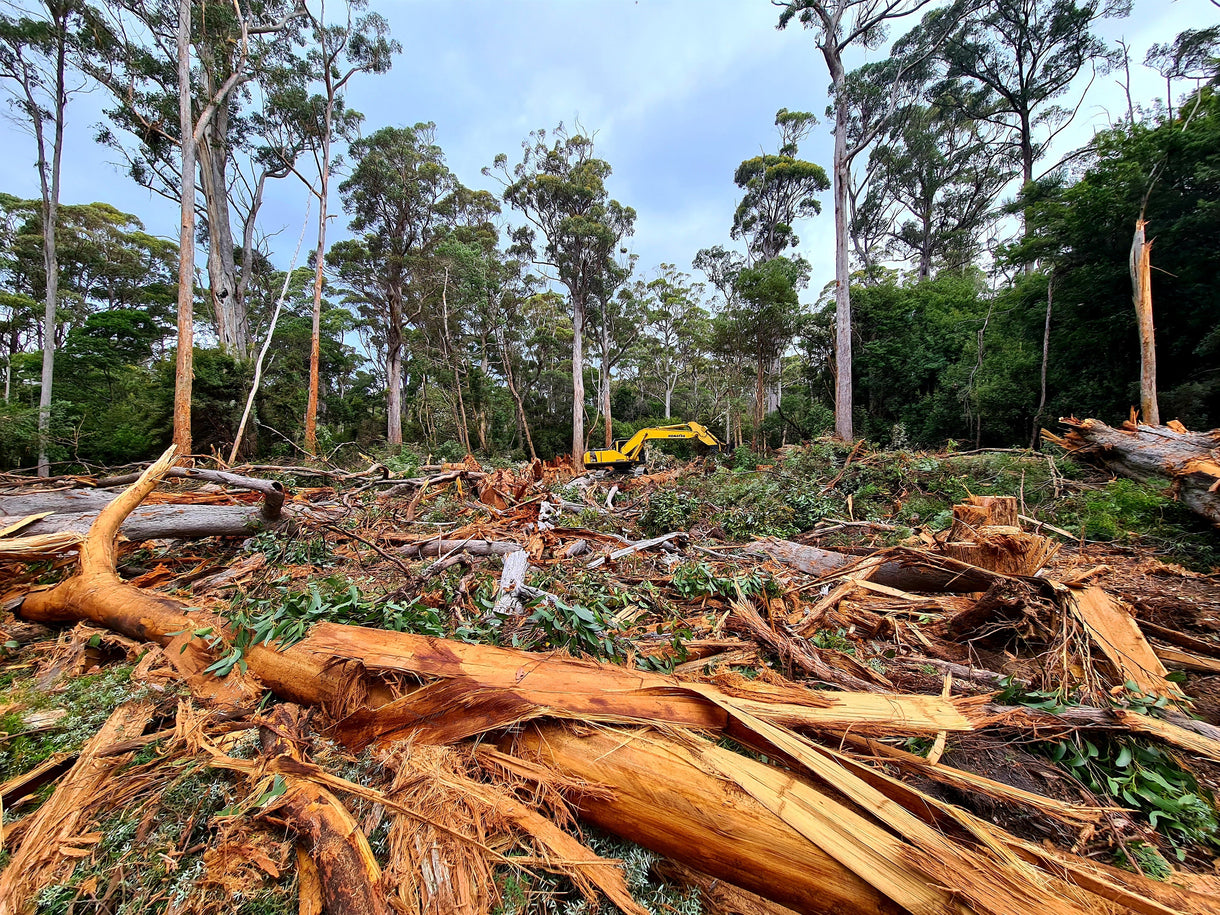
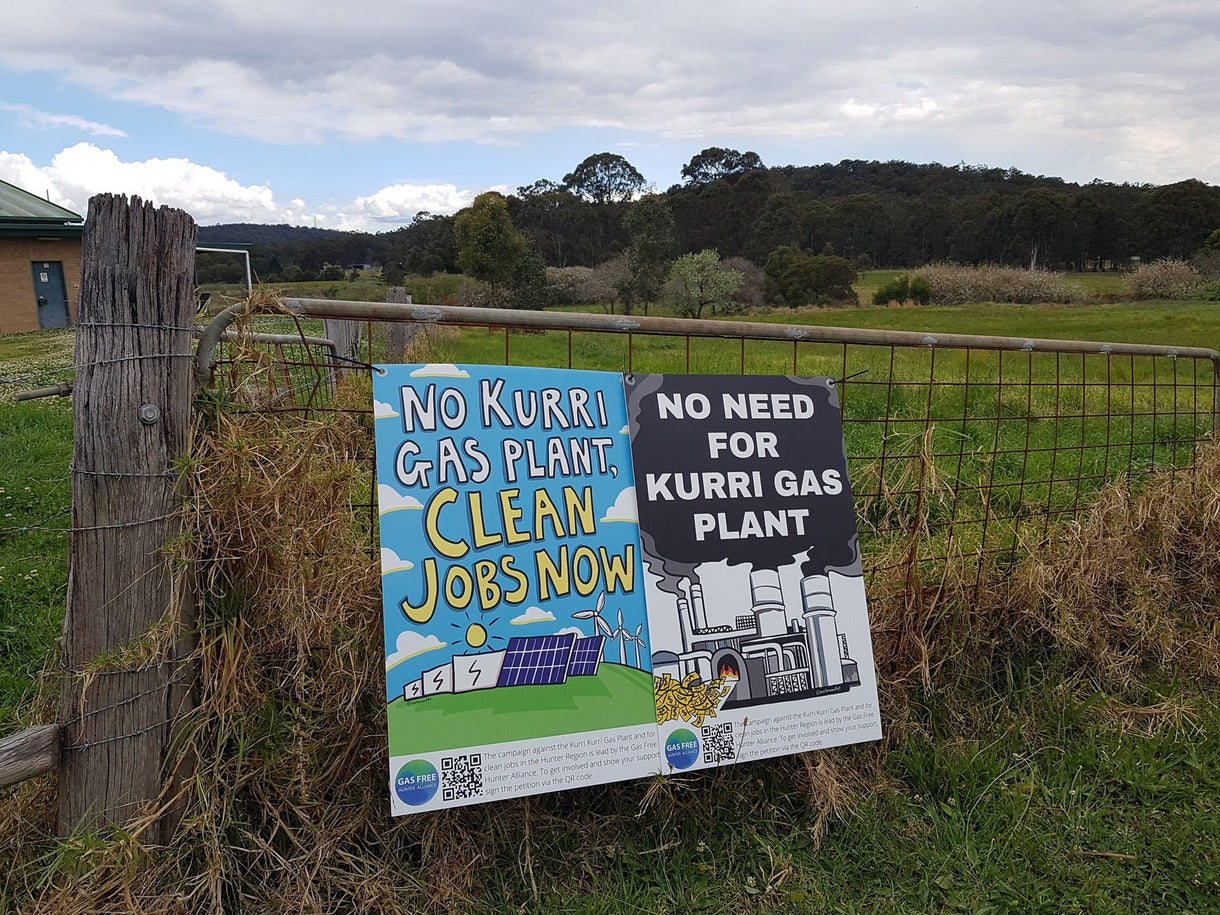
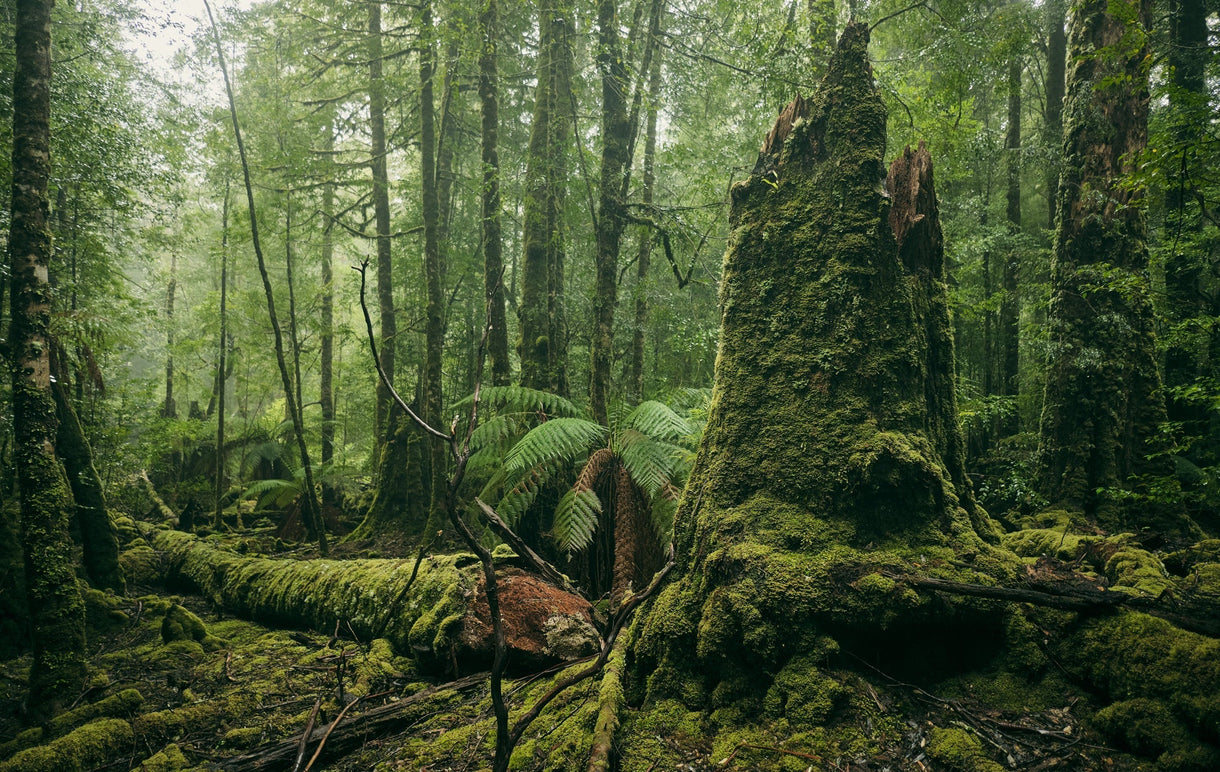
![Today was a huge victory for coastal communities between Sydney and Newcastle. [Front] Damien Cole, Belinda Baggs, Drew McPherson and Asha Niddrie. Photo Zoe Strapp](http://www.patagonia.com.au/cdn/shop/articles/strapp_z_AUS_000142_b147f38f-4f28-4e66-a3ea-89fccd422484_1220x.jpg?v=1650419749)
